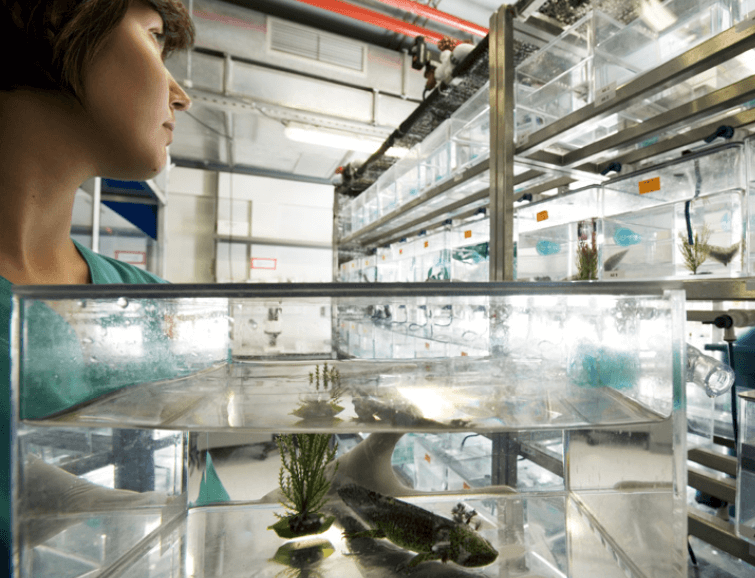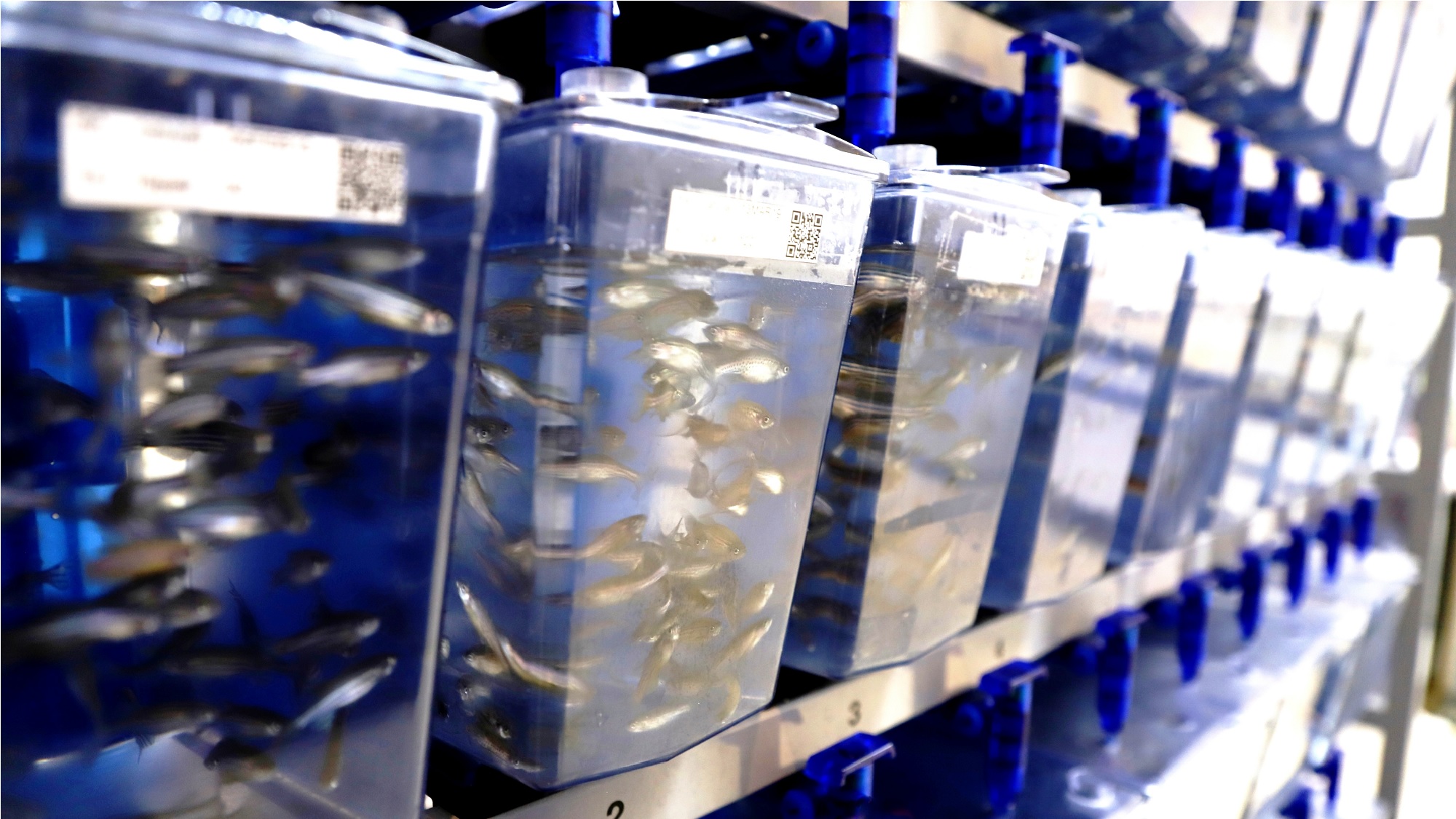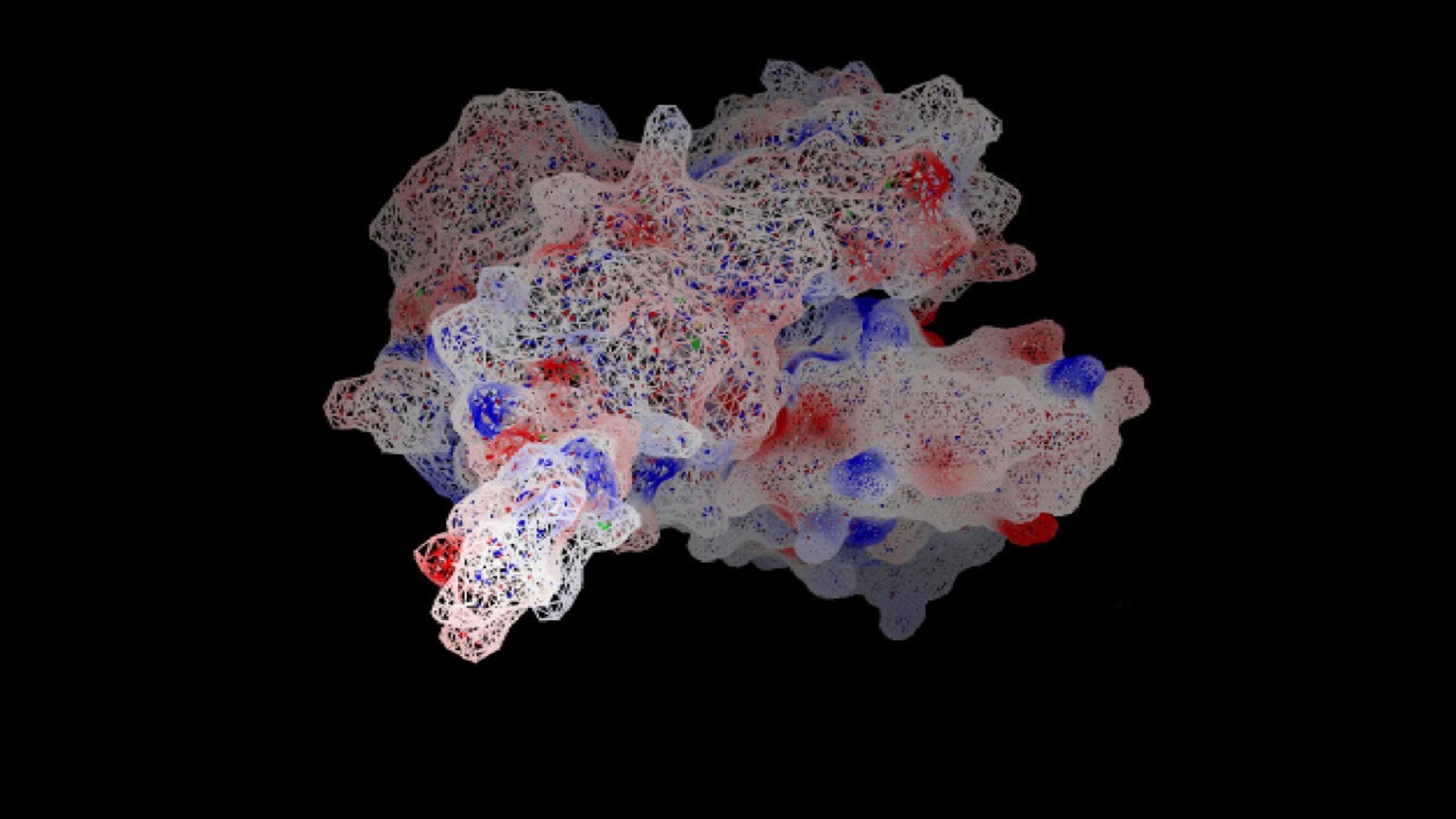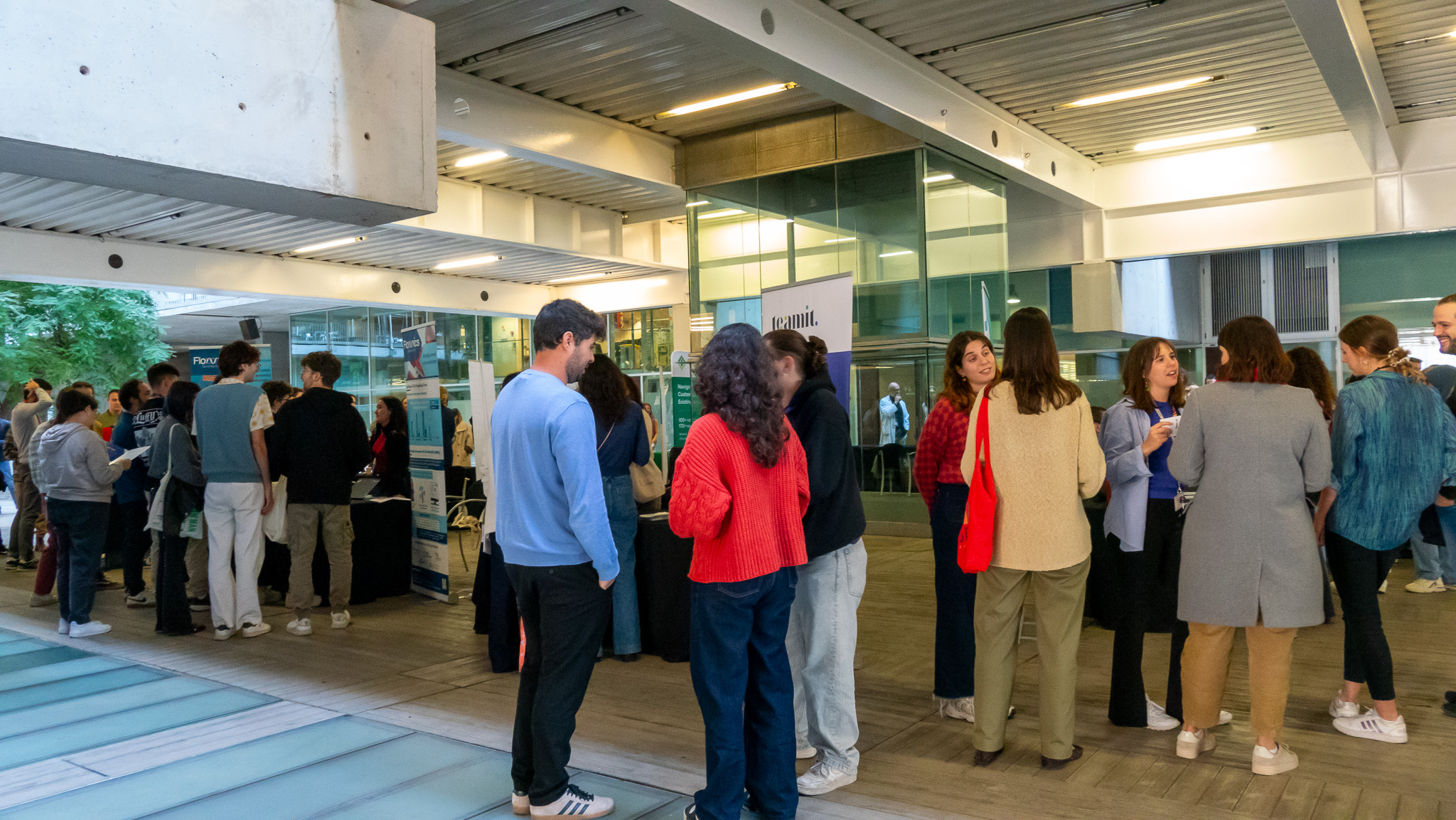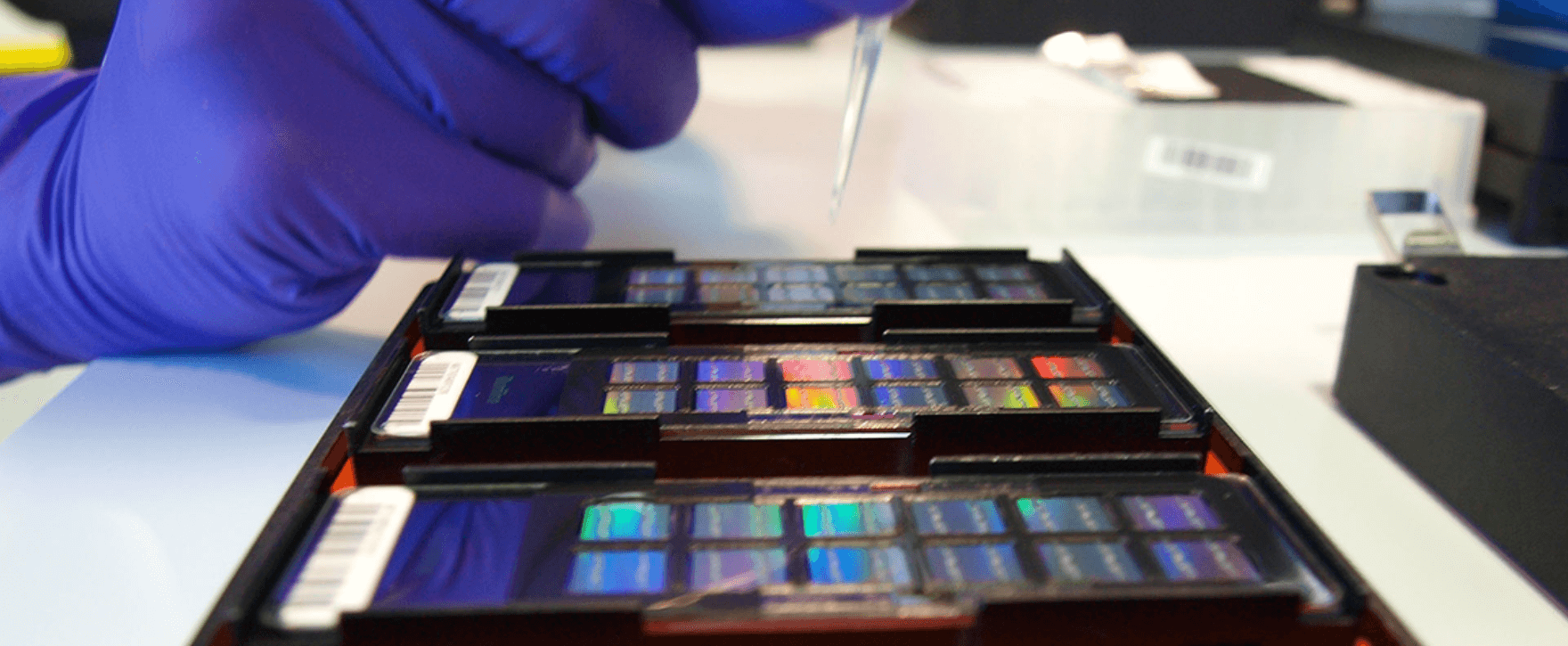
Connecting perspectives: from bytes and molecules to organisms and populations
"We are committed to promoting research that is useful for the health of citizens as well as producing a new generation of knowledge, created through interdisciplinarity".
Jordi Camí, General Director of the PRBB.
The PRBB's research centres, with almost 30 scientific programmes and 200 principal investigators, study the mysteries of living systems and human health.
With a comprehensive approach, from the molecular to the populational perspective, scientists and experts in their respective fields meet, discuss and collaborate within this building, generating synergies and productive cross-pollination.
Hospital del Mar Research Institute
Cancer
The cancer research programme contributes to improving the prevention and the diagnosis of the illness, and to increase recovery rates and quality of life through research. This programme consists of twelve research groups, which are classified into three complementary levels.
Epidemiology and Public Health
The Epidemiology and Public Health (EPISAP) research program is formed by about 120 persons, in 12 research groups. The 3 major lines are: Cardiovascular disease, Global Burden and Outcomes of Mental disorders, Suicide and Occupational conditions, and Cancer epidemiology.
Biomedical Informatics
The Research Programme on Biomedical Informatics carries out fundamental research and technological developments on the application of advanced information technologies and computational methods in the health and life sciences. The programme has a wide experience in the participation and coordination of research projects funded by the European Commission and a long tradition of collaboration with the pharmaceutical and biotech industry in the framework of R&D projects and providing services, especially developing computational methods to discover new drugs.
Neuroscience
The mission of the Neurosciences Programme is to support clinical research, which in the end must give us a better understanding of mental and neurodegenerative illnesses. There is special interest in those disorders induced through the poor usage of psychoactive substances and pharmaceuticals. The Programme is comprised of 20 research groups with a highly clinical orientation.
Translational Clinical Research
The Translational Clinical Research Program (Research in Inflammatory and Cardiovascular Disorders Program before) combines the effort, knowledge and know-how of the 40 investigators and more than 100 technicians and support personnel of 13 research groups committed to the expansion of the knowledge on the physio-pathological, inflammatory and genetic mechanisms of cardiovascular, respiratory, bone and other acute and chronic disorders, their treatment and management.
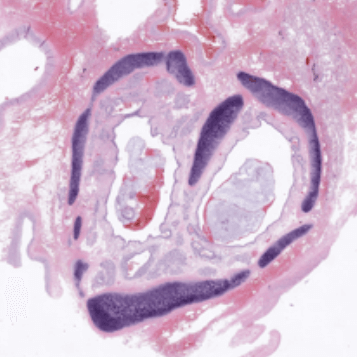
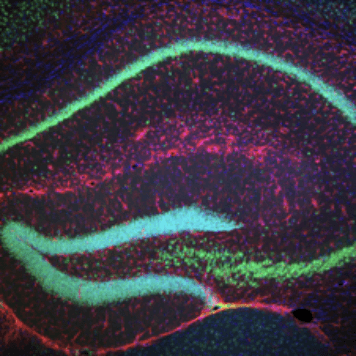
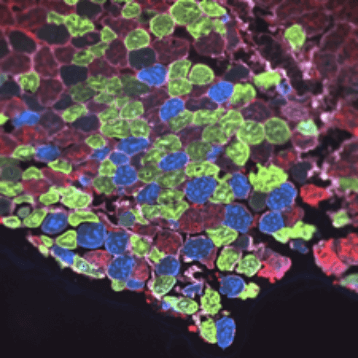
Department of Medicine and Life Sciences at Pompeu Fabra University (MELIS-UPF)
Biology of Disease
This programme brings together several research groups with diverse but overlapping scientific interests, with the aim of deciphering the molecular mechanisms underlying physiological pathways and the diseases associated with these.
Molecules, Genes, and Cells
The Molecules, Genes, and Cells Program explores the realms of normal and pathological processes through a multidisciplinary approach, drawing from fields such as molecular biology, immunology, biochemistry, proteomics, genetics, and neurobiology.
Multicellular Systems Biology and Bioengineering
The research groups that make up this programme are dedicated to acquiring and interpreting quantitative knowledge of biological processes using systems-level approaches, and using this knowledge to control and act on cells and their environment.
Populations and Ecosystems
The Research Programme explores population and evolutionary genetics, as well as complex systems and occupational health.
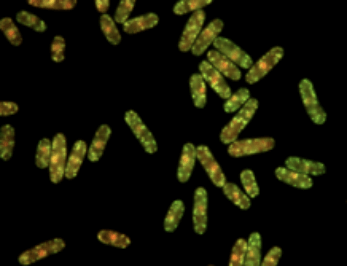
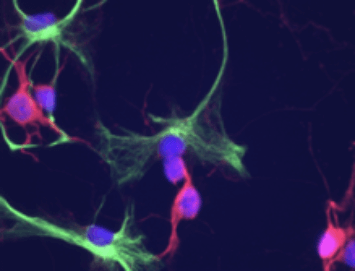
Centre for Genomic Regulation (CRG)
Computational Biology and Health Genomics
The program aims to increase our understanding of genome function in humans and all living organisms. The programme has broad interests in topics ranging from human disease, genetic variation, regulation of genome function, biodiversity, and the evolution of genomes. Members of the programme develop methods in computational biology, statistical genetics, and AI, and use innovative technologies to model genome function in health and disease. The programme hosts the EGA team at the CRG, which together with EMBL-EBI, manages the European Genome-Phenome Archive (EGA).
Quantitative Cell Biology
Scientist in the program use quantitative methodologies, engineering approaches and mathematical modelling to discover new principles underlying cell functioning. Their research bridges scales - from molecules to organelles to cells, tissues and organisms - to address biological questions of fundamental importance, relevant for health and disease.
Genome Biology
The program focuses on investigating the mechanisms that lead to expression of our genome during homeostasis, cell reprogramming, and disease. We use quantitative ‘omics’ technologies, mathematical modeling, cellular biology and mouse genetics to understand chromatin organization, transcription, splicing, mRNA translation, signaling and RNA modification.
Systems and Synthetic Biology
In the Systems and Synthetic Biology program we are transforming molecular biology into a predictive engineering science. In the SSB program we combine large-scale quantitative data generation with modelling and machine learning to solve the foundational science to make molecular biology predictive and programmable. Part of our work is performed through a joint-initiative with EMBL Barcelona, the Barcelona Collaboratorium for Modelling and Predictive Biology.
Single Cell Genomics
The human body consists of trillions of cells, but a mutation in one of them can cause cancer. This example demonstrates that biology is not a process driven by averages and highlights the importance of single cell-level studies. The massively parallel profiling of tissues and even entire organisms at the single-cell level have enabled paradigm shifts in many fields of biological sciences, ranging from evolutionary biology over stem cell biology to cancer research.
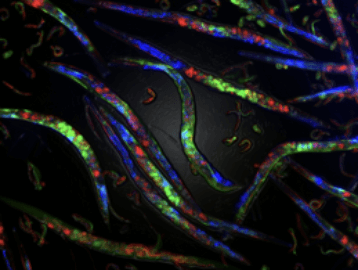
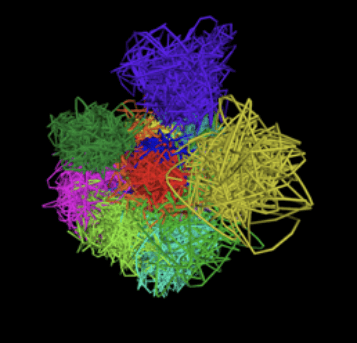
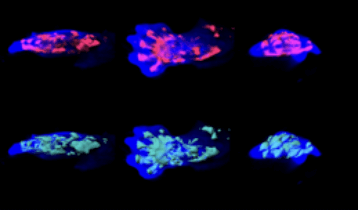
Barcelona Institute for Global Health (ISGlobal, Mar Campus)
Climate, Air Pollution, Nature and Urban Health
The program aims to strengthen the evidence base in the field of the health effects of climate change and urban exposures, and assess the health co-benefits of climate action. We focus on exposures such as noise, air pollution, temperature and green spaces in outcomes such as premature mortality, cardiovascular and respiratory health and cognitive function.
Other
ISGlobal develops other research programmes at their Clínic Campus: Global Viral and Bacterial Infections, Malaria and Neglected Parasitic Diseases, and Maternal, Child and Reproductive Health.
Environment and Health over the Lifecourse
The Environment and Health over the Lifecourse research programme aims to conduct high-quality integrative research to expand knowledge on the causes and mechanisms of non-communicable diseases (NCDs). The programme focuses on environmental, radiation, occupational, lifestyle, social, infectious, and genetic risk factors throughout the lifecourse, from prenatal to late adult life.
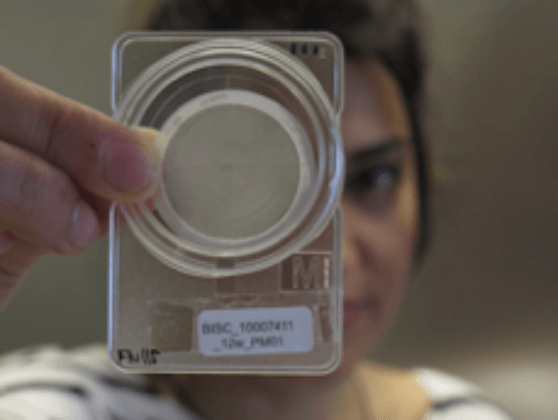
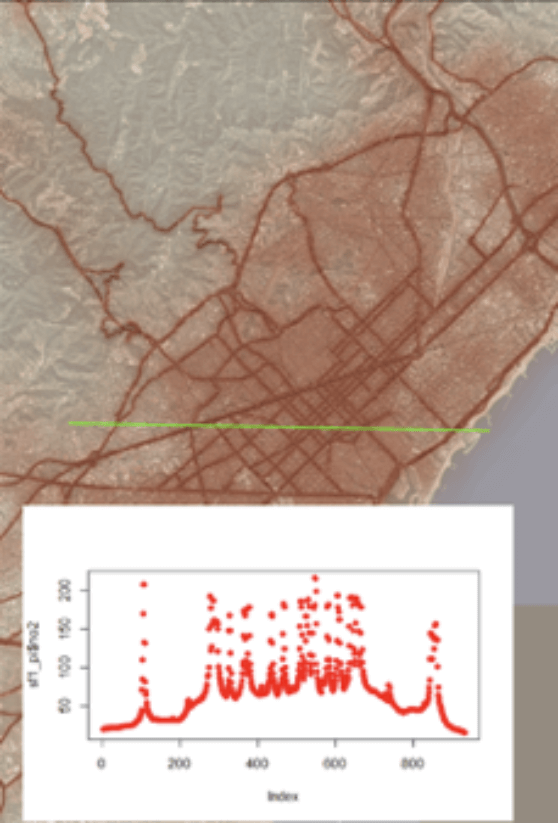
Institute of Evolutionary Biology (IBE: CSIC-UPF)
Biodiversity
The members of this research programme study animal biodiversity from a phylogenetic perspective with the aim of obtaining a greater understanding of the tree of life. Specific research interests include the origin and distribution of biodiversity, group systematics, speciation, hybridisation, diversification, biogeography, evolutionary ecology, and phylogenetic methods.
Comparative and Computational Genomics
This programme compares genomes at the intra- and interspecific level with the general aim of understanding genome dynamics, reconstructing the evolutionary processes that generate biodiversity and linking genomic and phenotypic differences between individuals and species. To achieve these objectives, they implement experimental studies and theoretical/numerical approaches, with a strong emphasis on computational techniques.
Functional Genomics and Evolution
The synthesis of evolution, palaeontology, genomics and development led to the new field of Evolution and Development (referred to as EvoDevo). The aim of EvoDevo is to address basic evolutionary questions taking into account embryological data but with a broader comparative perspective. The programme takes a step forward, combining evo-devo analysis with functional genomic approaches. The goal is to study fundamental biological issues such as the evolution of multicellularity, development, growth, metamorphosis and ovogenesis.

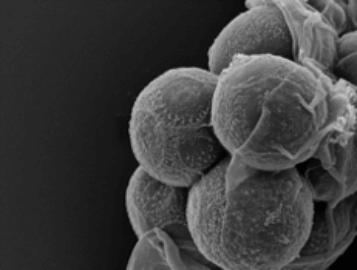

Population genetics
Genetic diversity is the result of the intricate interaction of several processes: some are embedded into the genome, such as mutation and recombination, others may be the result of natural selection. In this programme, all three of these processes are studied in humans. They investigate how recombination may be affected by genetic differences between populations; the demographic histories of particular populations or populational groups, such as the Bantu expansion; and the extent to which humans adapt to their pathogenic environment.
Complex Systems
This programme includes the study of the evolution of complex systems, both natural and artificial, with the aim of identifying general organisational rules. The research in this programme can be expanded to a wide range of different systems. Special emphasis is placed on the study of computational biology, the biology of protocells, synthetic systems and network biology, specifically the dynamics of viruses, tissue architecture, ecological networks, cancer systems and language networks.
European Molecular Biology Laboratory (EMBL)
Tissue biology and disease modelling
The scientists in this unit explore how tissues and organs function and develop, in terms of health and disease. They examine questions such as “How do molecular and genetic networks ultimately build, regulate and control tissues and organs?”, and “How do changes in genes filter through cells, tissues and organs to cause disease?”
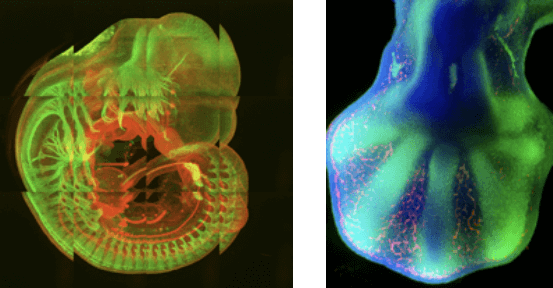
Institute of Applied Radiopharmacy of Barcelona (IRAB)
Research and Innovation
The commitment to research and innovation in radiopharmacy is one of this unit's founding goals, with a clear objective: to work together with the region's biomedical network to develop and facilitate next-generation radiopharmaceuticals that improve quality of care and the life of patients.
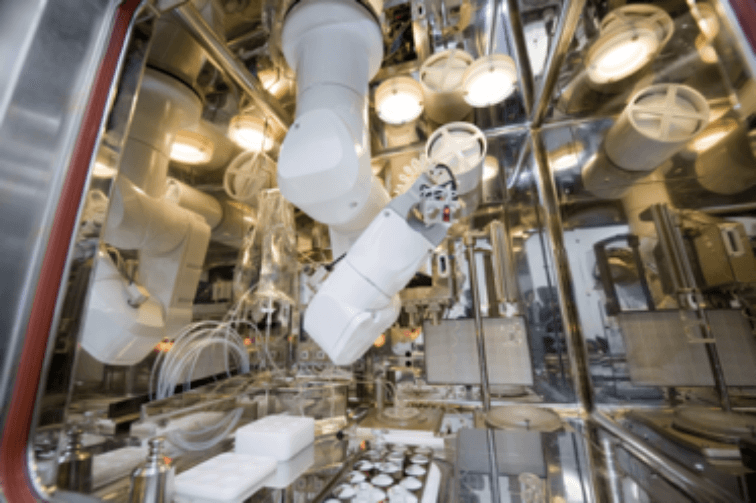
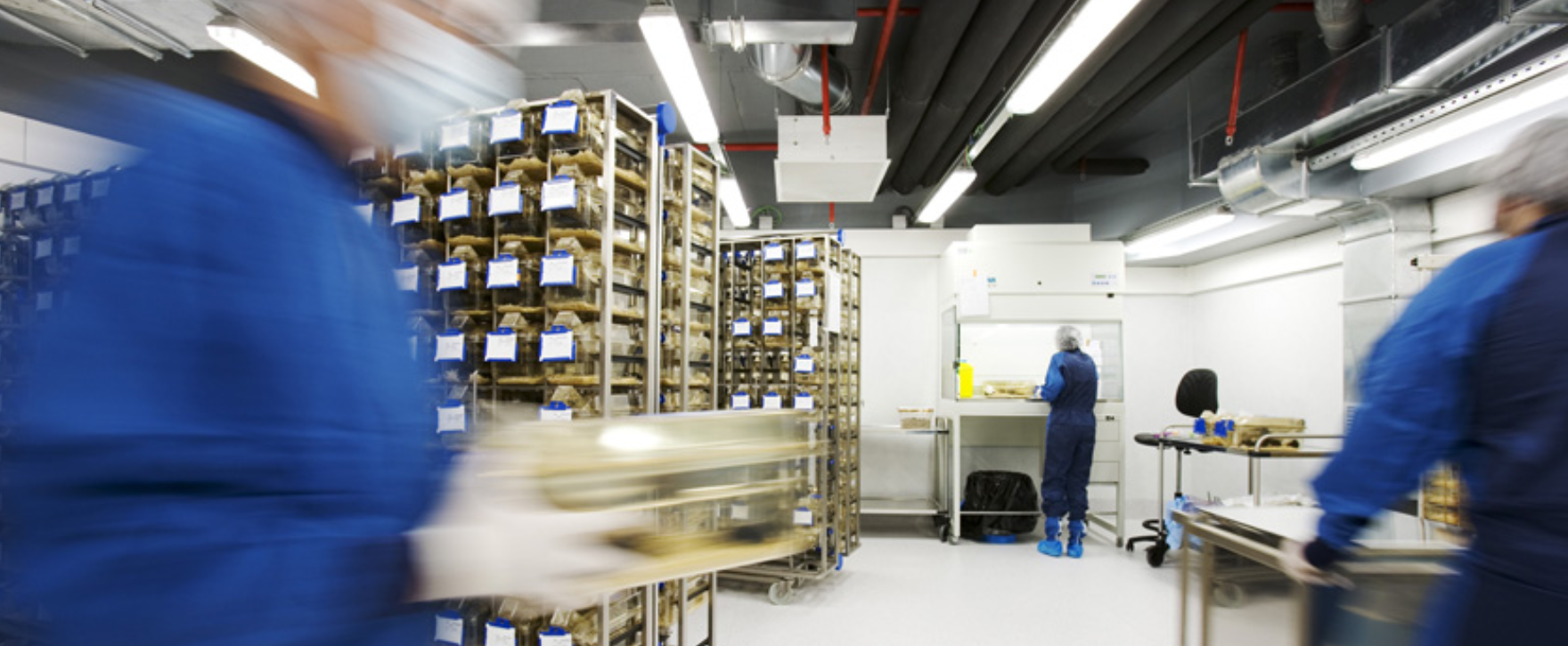
The PRBB Animal Facility supports the animal experimentation carried out by the centres and is one of the most complex and automated in Europe. Its 4,500 m2 are organised into six areas that house mice, rats, zebrafish (Danio rerio) and Xenopus frogs.
Animal welfare is one of the PRBB’s fundamental commitments. That is why, in addition to complying with the corresponding official regulations, the animal facility has expert veterinary staff who ensure optimal animal health and welfare conditions.
- Anyone performing an experiment involving animals must take a special course, and all studies must be pre-approved by the Ethics Committee for Animal Experiments (CEEA-PRBB).
- The PRBB laboratory animal care and use programme is fully accredited by the International Association for Assessment and Accreditation of Laboratory Animal Care (AAALAC). This is the highest international certification in this field and recognises the quality of the centre's operation, which translates into better practices and research results, as well as improved animal welfare.
- The PRBB has signed the Transparency Agreement for the Use of Animals in Scientific Experiments, promoted by the Confederation of Scientific Societies of Spain (Confederación de Sociedades Científicas de España; COSCE) in collaboration with the European Animal Research Association (EARA).
For more information on the animal facility and animal experimentation visit:
⟶ News about model organisms in research and outreach activities
⟶ PRBB Institutional Statement on the Use of Animals in Experimentation (PDF)
Animal experimentation courses
The PRBB and Charles River Campus
Anyone who wishes to undertake an experiment involving animals must take an experimental animal user training course.
The PRBB animal facility, in collaboration with Charles River, organizes courses, accredited by the Generalitat de Catalunya and designed for the park's residents, to train them in:
- Euthanasia (Function b)
- Performing procedures (Function c)
- Designing projects and procedures (mice and fish/amphibians) (Function d)
The courses are taught partly online, in Spanish or English. The theoretical part is online, and the practical classes are given in the PRBB facilities.
●
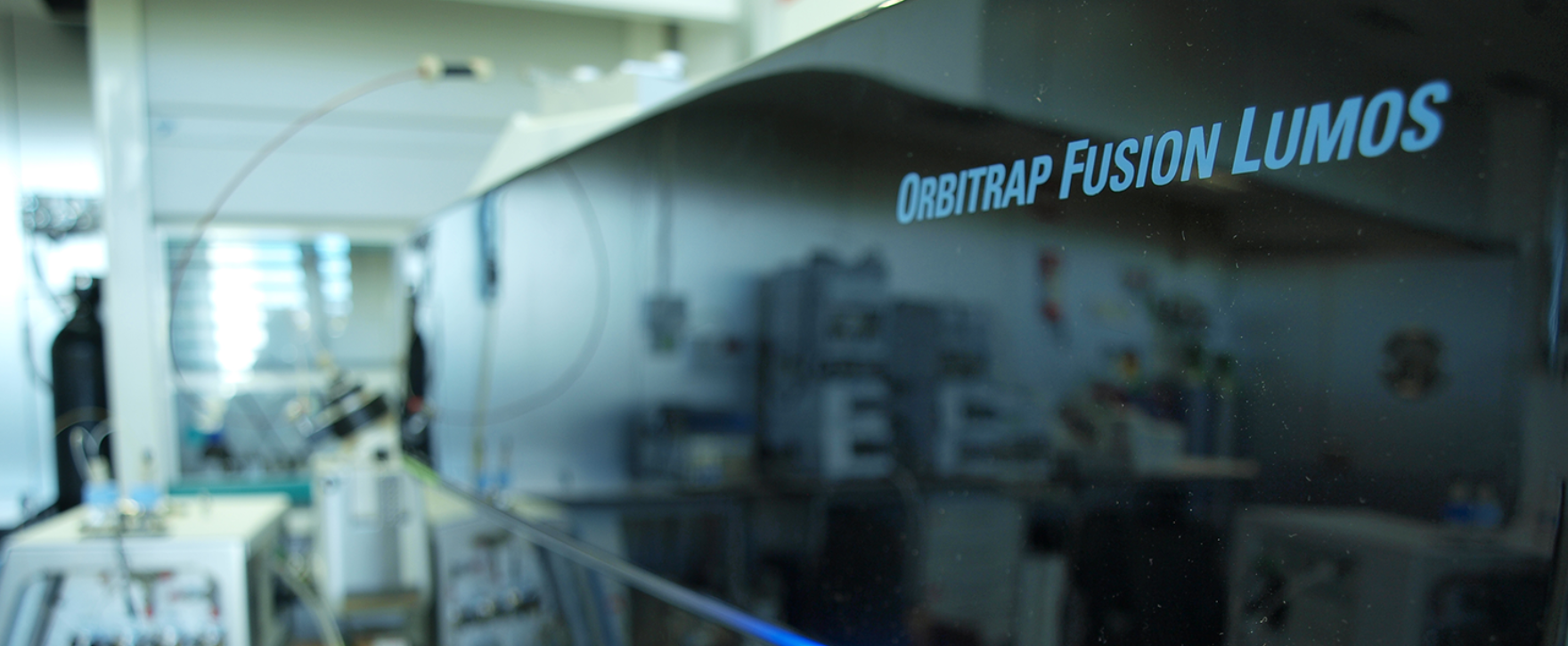
"Actions at the park are developed with pragmatism. Each centre lends its experience and shares it with the others."
Jordi Camí, General Director of the PRBB
The PRBB inter-institutional coalition allows all the scientists to obtain support from a wide variety of platforms with state-of-the-art equipment and led by experts in the field. The service units continuously explore new and emerging technologies, including for data interpretation and representation. In addition, most units organise courses for the researchers to help them become familiar with the technology. With the exception of the PRBB Animal Facility, all the services are managed by the centres.
The MARBiobanc unit holds several biological sample collections designed for biomedical research purposes, and it is organised as a technical unit with standards of quality, order and purpose. The service includes cryopreservation, sample processing, and laser microdissection
: Núria Somoza
→ marbiobanc@imim.es

The Biocore unit provides external researchers and organisations with consulting services, planning for Next Generation Sequencing (NGS) and other genomic experiments, NGS data processing, analysis and management, software and database development, bioinformatics training and access to high-throughput computing resources.
: Julia Ponomarenko
→ biocore@crg.eu

This is a comprehensive service that includes different cytogenetic analysis techniques: conventional cytogenetics; fluorescence in situ hybridisation (FISH); and multicolour spectral karyotyping (SKY) of human or mouse chromosomes. These three techniques can be complemented with the microarray technique (Affymetrix ®) by hybridising cytogenetic chips.
: Blanca Espinet
→ bespinet@parcdesalutmar.cat
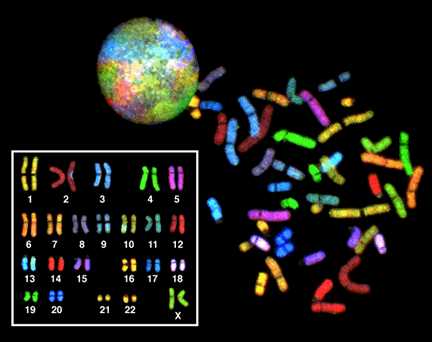
The main purpose of the CEEA-PRBB is to evaluate experimental procedures using animals, with the ultimate aim of avoiding unnecessary suffering. This evaluation takes into account: - the suitability of the procedure in relation to the study objectives. - the possibility of reaching valid conclusions with as few animals as possible. - the fact that the effect on animals is not disproportionate to the potential benefits of the research. - the possibility of employing alternative methods to the use of animals. The CEEA-PRBB has been authorized by the Catalan government to carry out the tasks as a competent body (OH) defined in Royal Decree 53/2013 which is framed in Directive 2010/63/EU adopted by the European Parliament. More information at the PRBB Portal.
: Dirección de secretaría
→ ceea@prbb.org
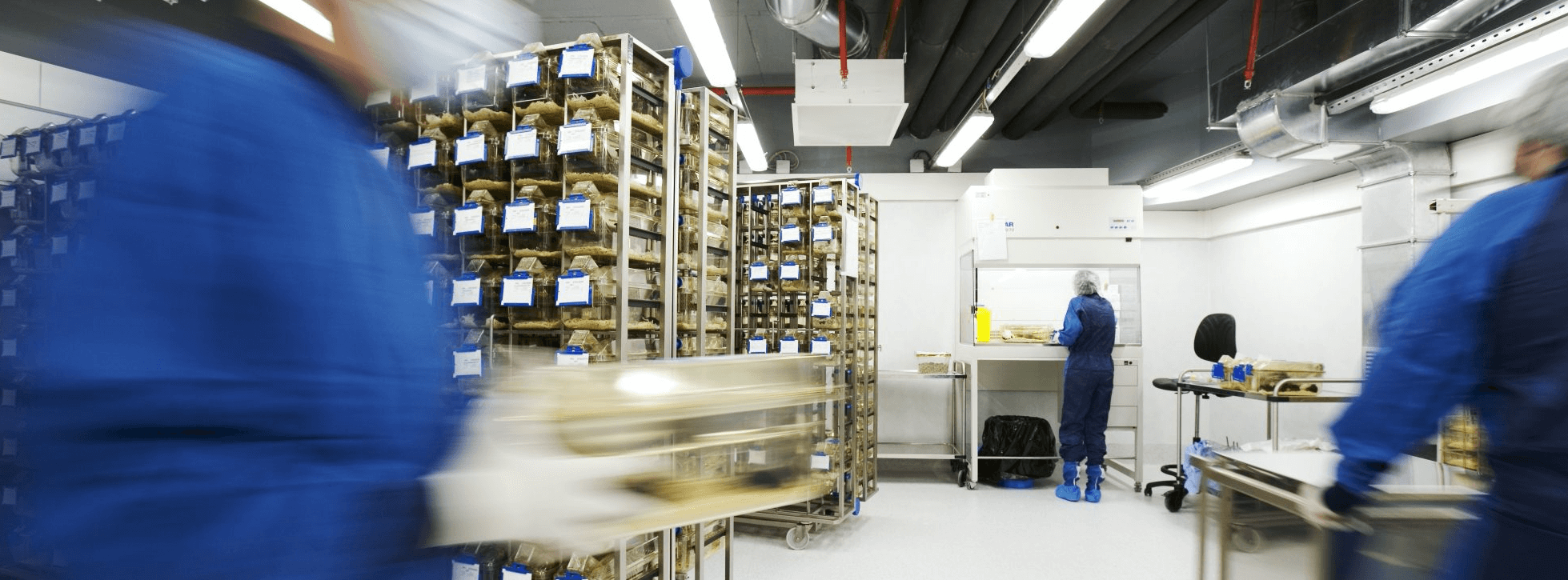
This technology makes it possible to study a number of individual particle parameters simultaneously and quickly. It is useful for studying cell surface receptors, nuclear and cytoplasmic antigens, DNA content, enzyme activity, cell integrity and membrane permeability, and calcium flow. The unit currently houses five analysers and two classifiers, and is the largest Becton Dickinson site in Spain.
: Òscar Fornas
→ oscar.fornas@upf.edu
:
https://www.crg.eu/en/core/programmes-groups/crgupf-facs-unit

This technological platform offers protein production and automated biochemical and biomolecular detection processes. Other techniques include the production of clones, mutants and plasmid libraries, protein and antibody purification, and the biophysical characterisation of proteins and nucleic acids. ©Tecan. ©ThermoFisher.
: Carlo Carolis
→ bmspt@crg.eu
:
https://www.crg.eu/en/programmes-groups/biomolecular-screening-protein-technologies-unit
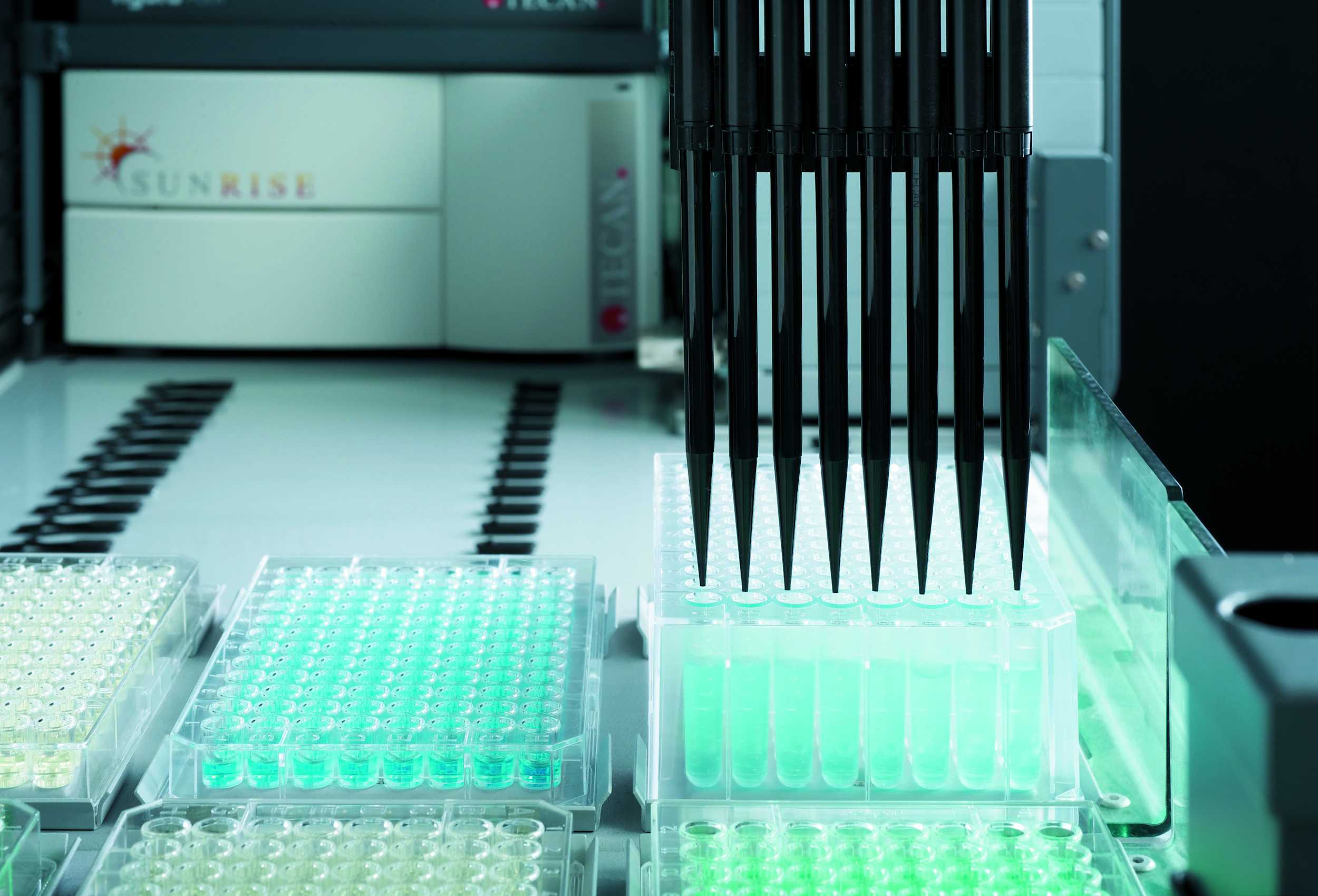
The CBS-PRBB was set up on 2nd July, 2011, to regulate and supervise activities involving Genetically Modified Organisms (GMOs) undertaken within the PRBB environment. Its purpose is to evaluate the biosafety of scientific projects that employ GMOs or biological agents, as well as any chemical products that may have a particularly significant, complex or dangerous biological effect. More information at the PRBB Portal.
: Secretaría
→ cbs@prbb.org
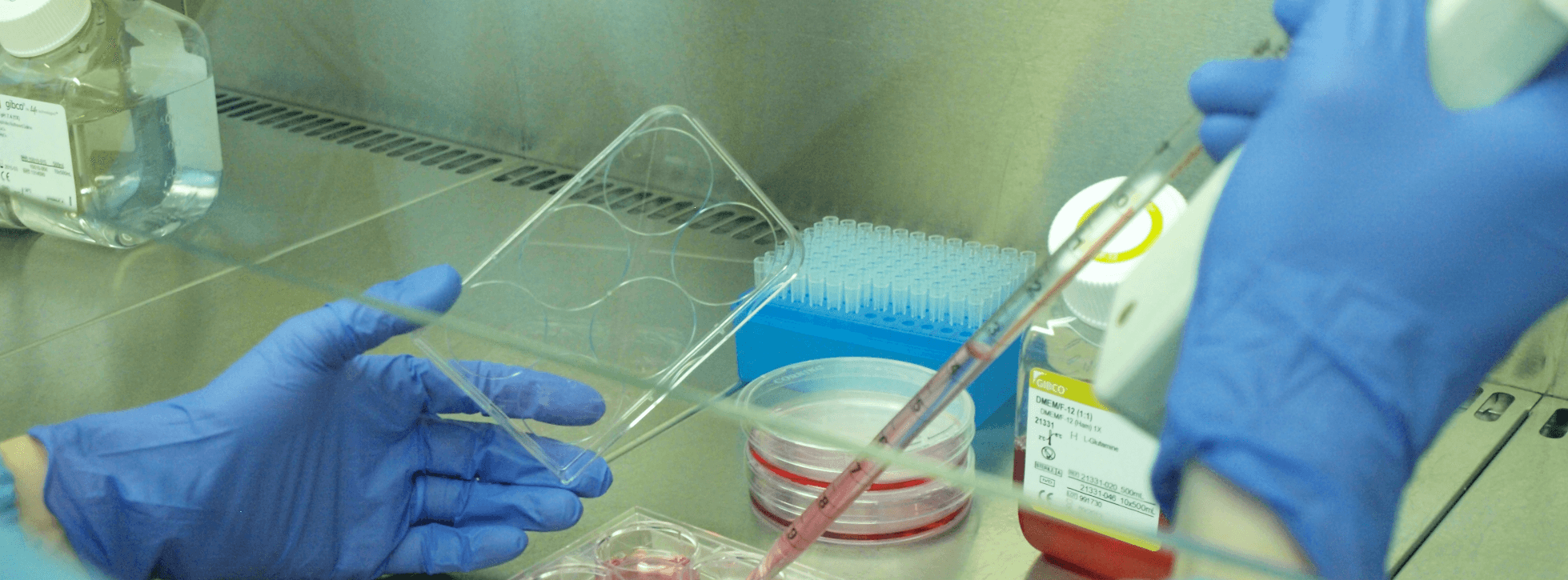
Research ethics committees for medicinal products (RECm) are independent of research project sponsors and researchers, and their purpose is to ensure the methodological, ethical and legal adequacy of any research project that involves a physical or psychological risk to a human being.
: Cristina Llop
→ CEIC-PSMAR@imim.es
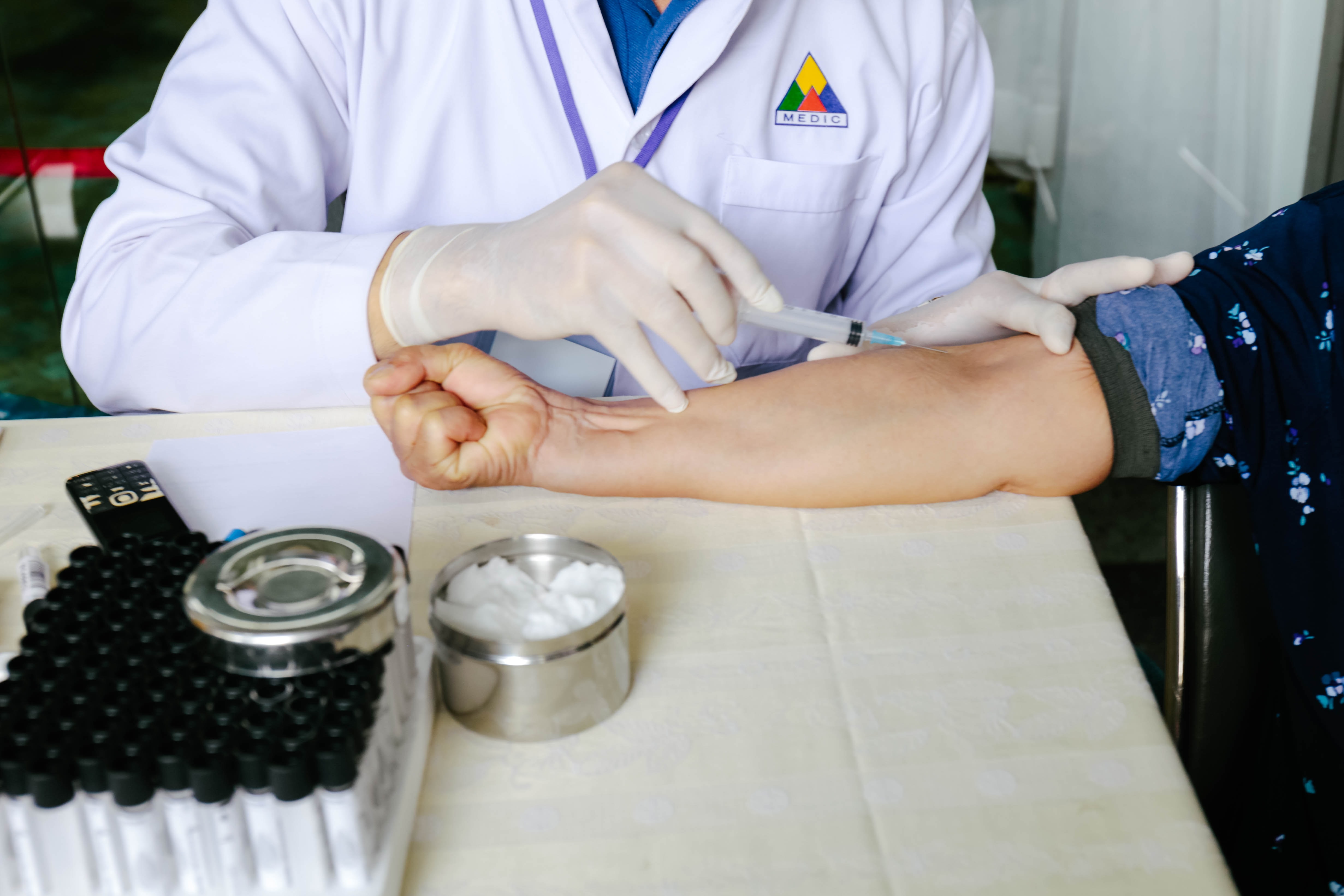
BiblioPRO is a virtual library of Health-Related Quality of Life (HRQL) questionnaires and other patient-reported outcomes (PRO), in Spanish, which can be accessed free of charge. It is intended to promote the appropriate use of HRQL instruments (in Spanish) in research, clinical practice and social-healthcare management, by providing comprehensive online information, evidence-based evaluations, and specialist training in this field. The library currently holds information on more than 500 questionnaires and is updated regularly.
: Jordi Alonso
→ bibliopro@imim.es

The EGA provides a service for permanently archiving and distributing personally identifiable genetic and phenotypic data arising from biomedical research projects. The EGA data was obtained from individuals whose consent agreements authorise data disclosure only for use in specific research carried out by bona fide researchers. Strict protocols govern how the EGA project manages, stores, and distributes the information.
: Arcadi Navarro
→ helpdesk@ega-archive.org
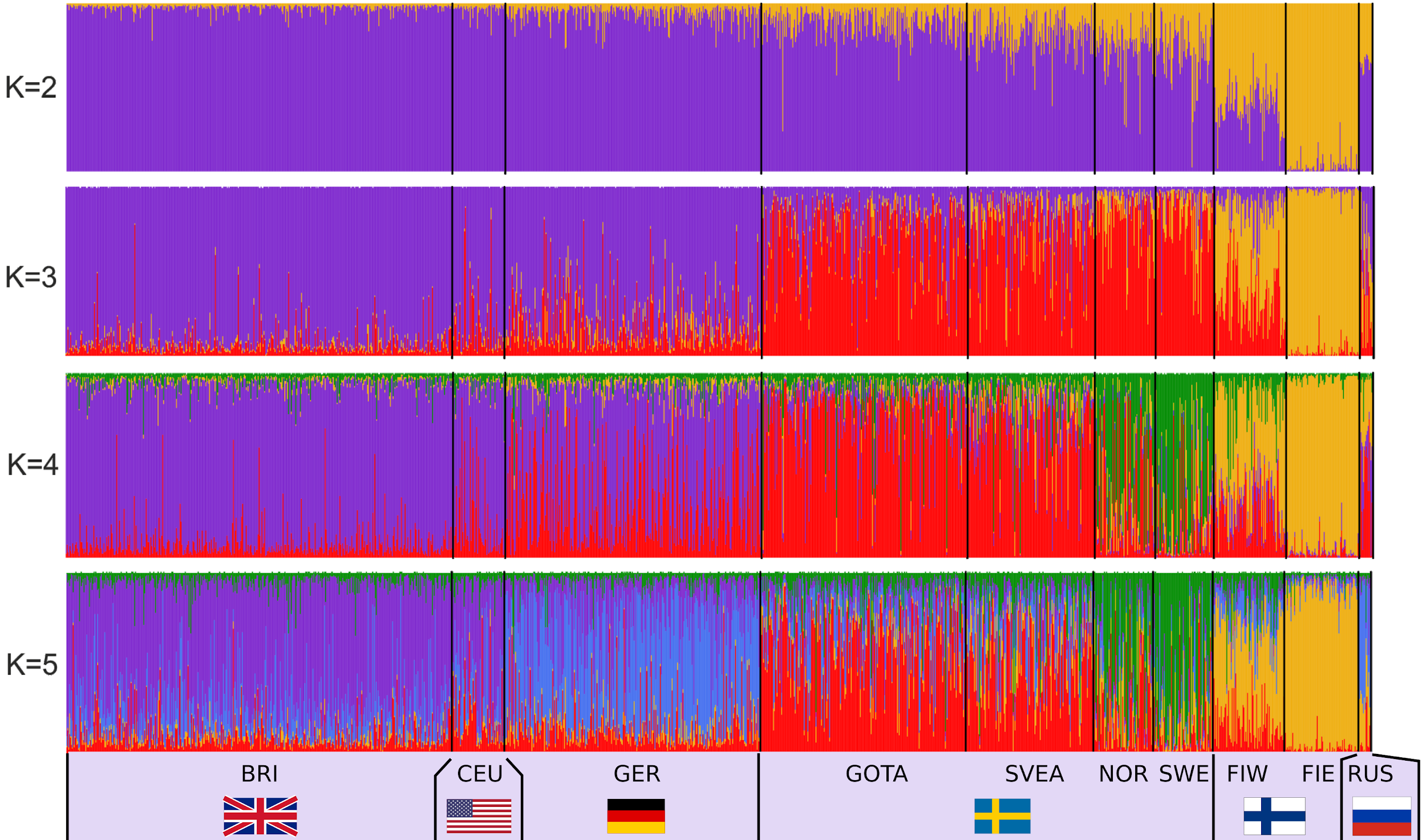
This service provides next generation microarray and sequencing technologies. Several high-throughput technologies enable the evaluation of differential expression, inter-individual gene variation, microRNA discovery, genome sequencing, targeted re-sequencing, epigenetic profiling and the identification of DNA- or RNA-associated protein binding sites. The microarray unit is equipped with the latest Agilent technology.
: Berta Fusté Pérez
→ ngs@crg.eu
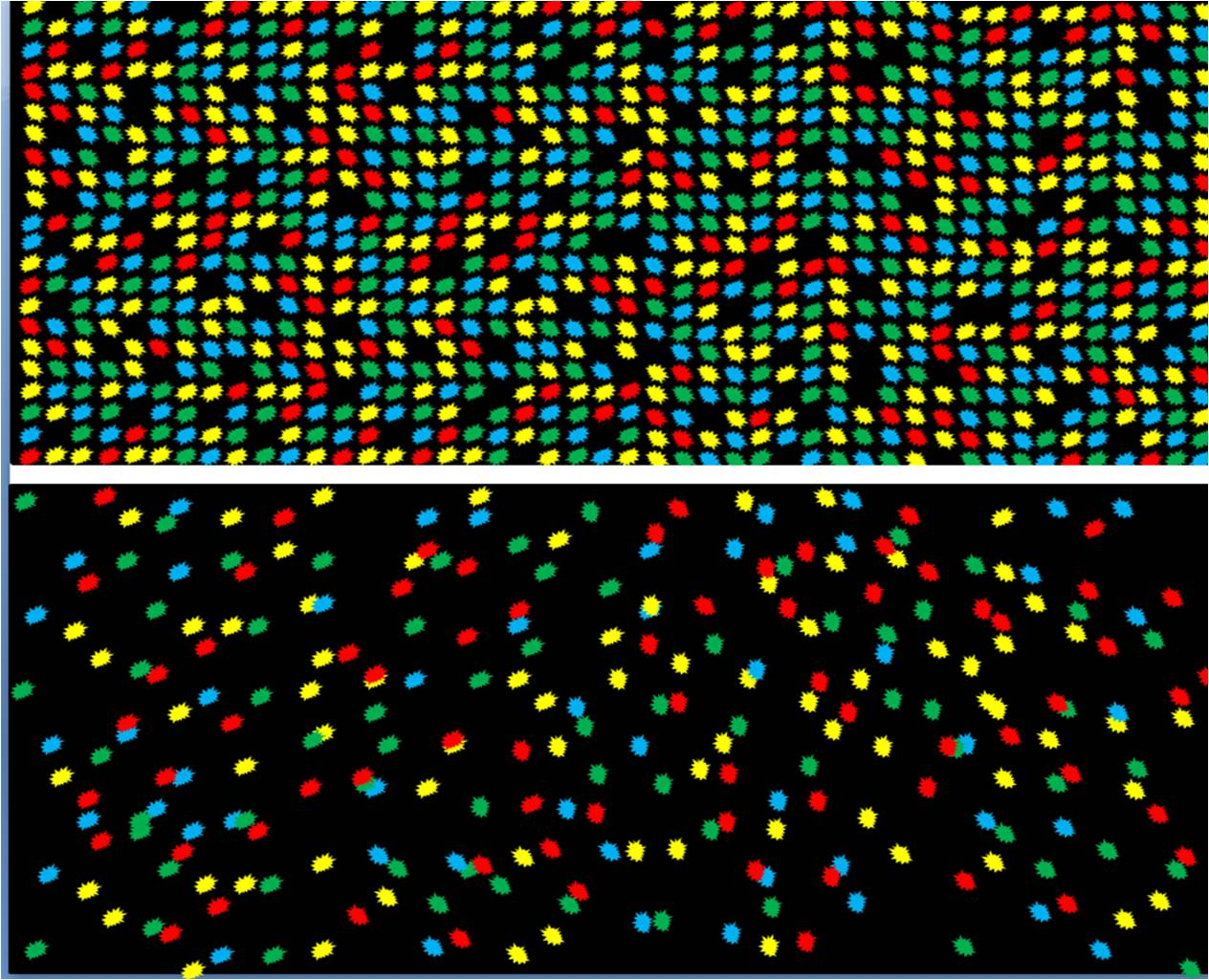
The MARGenomics platform is primarily intended for translational research that integrates all phases of the genomic analysis process: from the initial assessment of the project, through sample processing, to the final data analysis and support for interpreting the results. This platform integrates structural and human resources from the Hospital del Mar Research Institute and is coordinated with the MARBiobanc platform. It offers DNA analysis services, microarrays, next generation sequencing and data analysis.
: Marta Bódalo
→ margenomics@imim.es
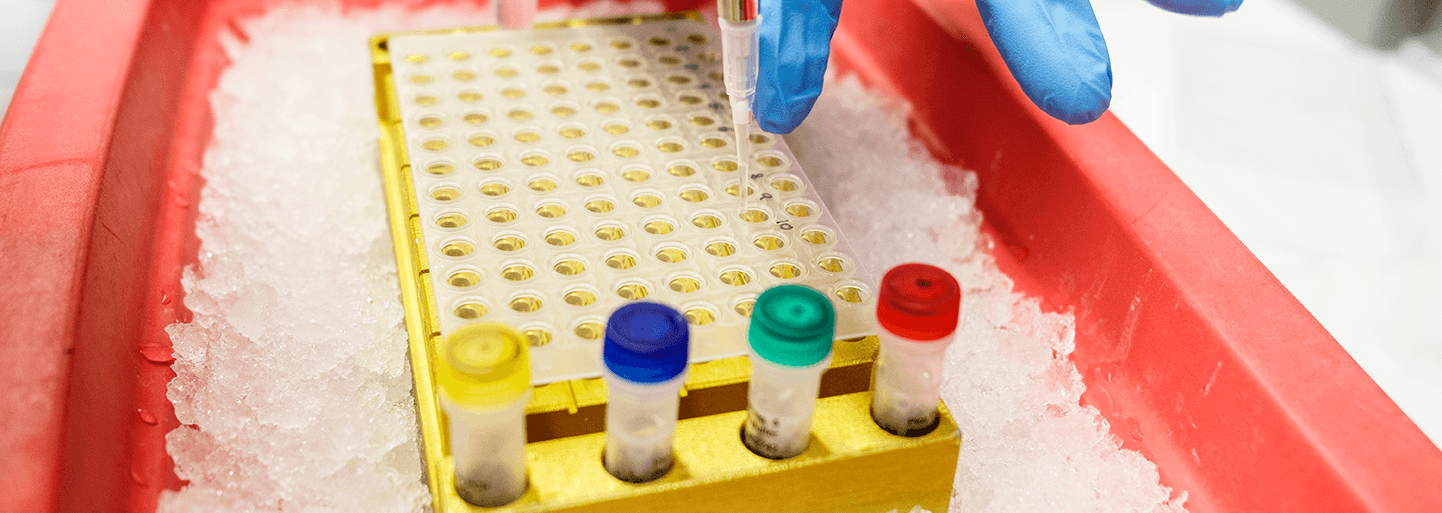
The platform offers a wide variety of methods for analysing DNA and RNA. The available equipment includes liquid-handling robots for automated pipetting tasks, capillary sequencers for Sanger sequencing and fragment analysis, DNA quantification and quality control with Picogreen and Bioanalyzer, real-time PCR and OpenArray system for the absolute and relative quantification of nucleic acids (genotyping and gene expression). It is also equipped with two state-of-the-art Illumina sequencing platforms: MiSeq, ideal for sequencing specific and small genomes; and NextSeq, a highly flexible platform able to perform a wide range of applications.
: Núria Bonet
→ genomica@upf.edu
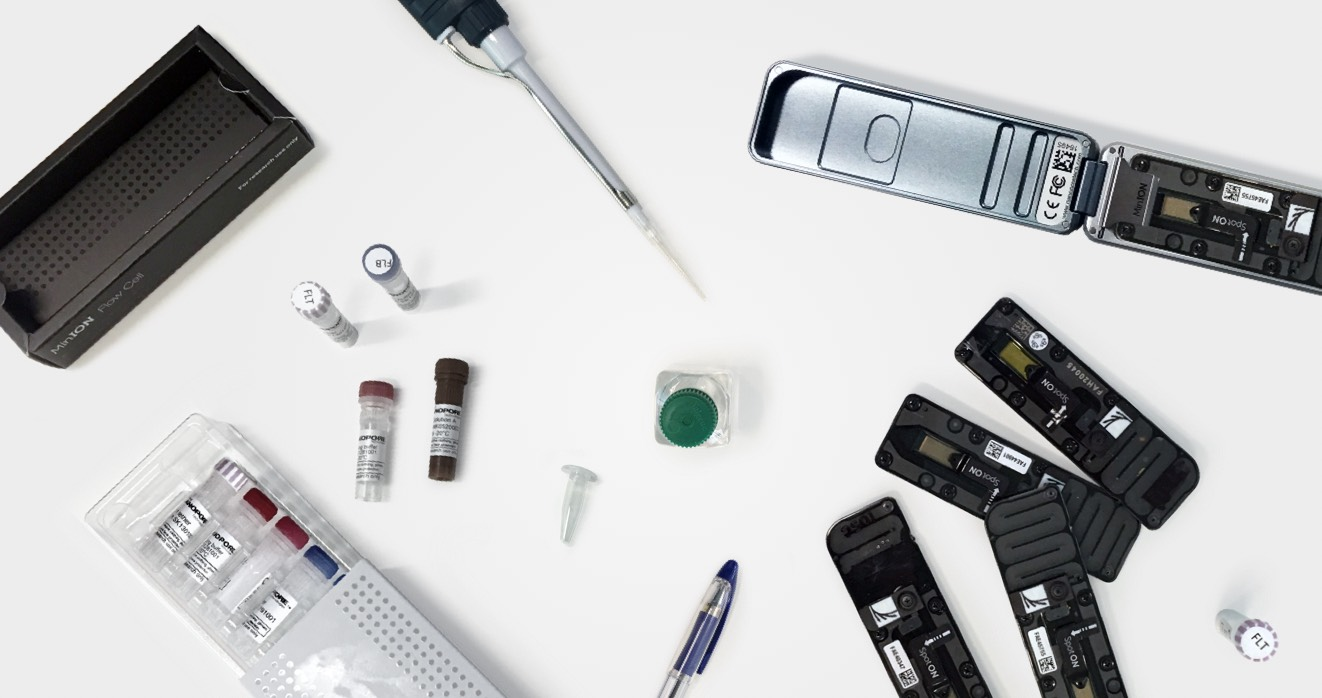
The platform features the latest technologies used in the fields of stem cell biology, stem cell differentiation, organoid formation and induced pluripotent stem cells (iPSC). In collaboration with the Biomolecular Screening & Protein Technologies Unit at the CRG, the platform provides a CRISPR/Cas9 genome editing service.
: Laura Batlle Morera
→ laura.batlle@crg.eu
:
https://www.crg.eu/en/programmes-groups/tissue-engineering-unit-0
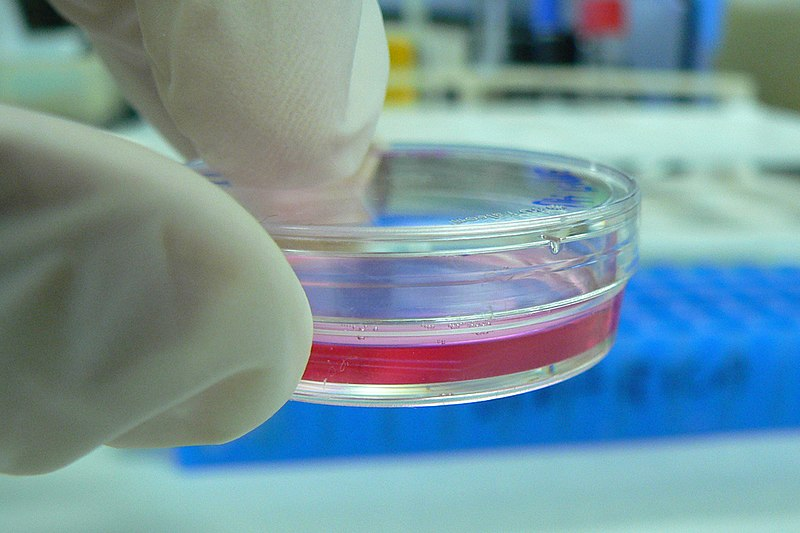
This service is accredited by the Generalitat de Catalunya as a Phase I Clinical Trials Unit. Here, clinical trials with drugs are performed on healthy volunteers, nutritional studies are conducted, and other support activities are carried out for developing trials in various therapeutic areas. The unit has space for 12 volunteers in the admissions area as well as three dispensaries for screening visits and outpatient evaluations. It has a high recruitment capacity due to its database of over 500 volunteers.
: Ana Aldea
→ aaldea@imim.es
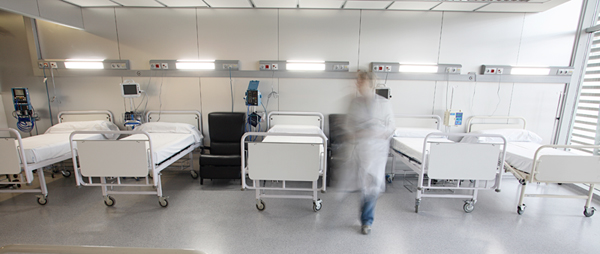
This platform enables 3D images to be taken of biological tissues over time. Mesoscopic microscopy involves looking at the details of biological systems in the context of an organ, body part or organism. It employs techniques such as selective plane illumination microscopy (SPIM) and optical projection tomography (OPT), which combine the capture of fine details with the ability to study relatively large samples over long periods of time.
: Jim Swoger
→ mif@embl.es
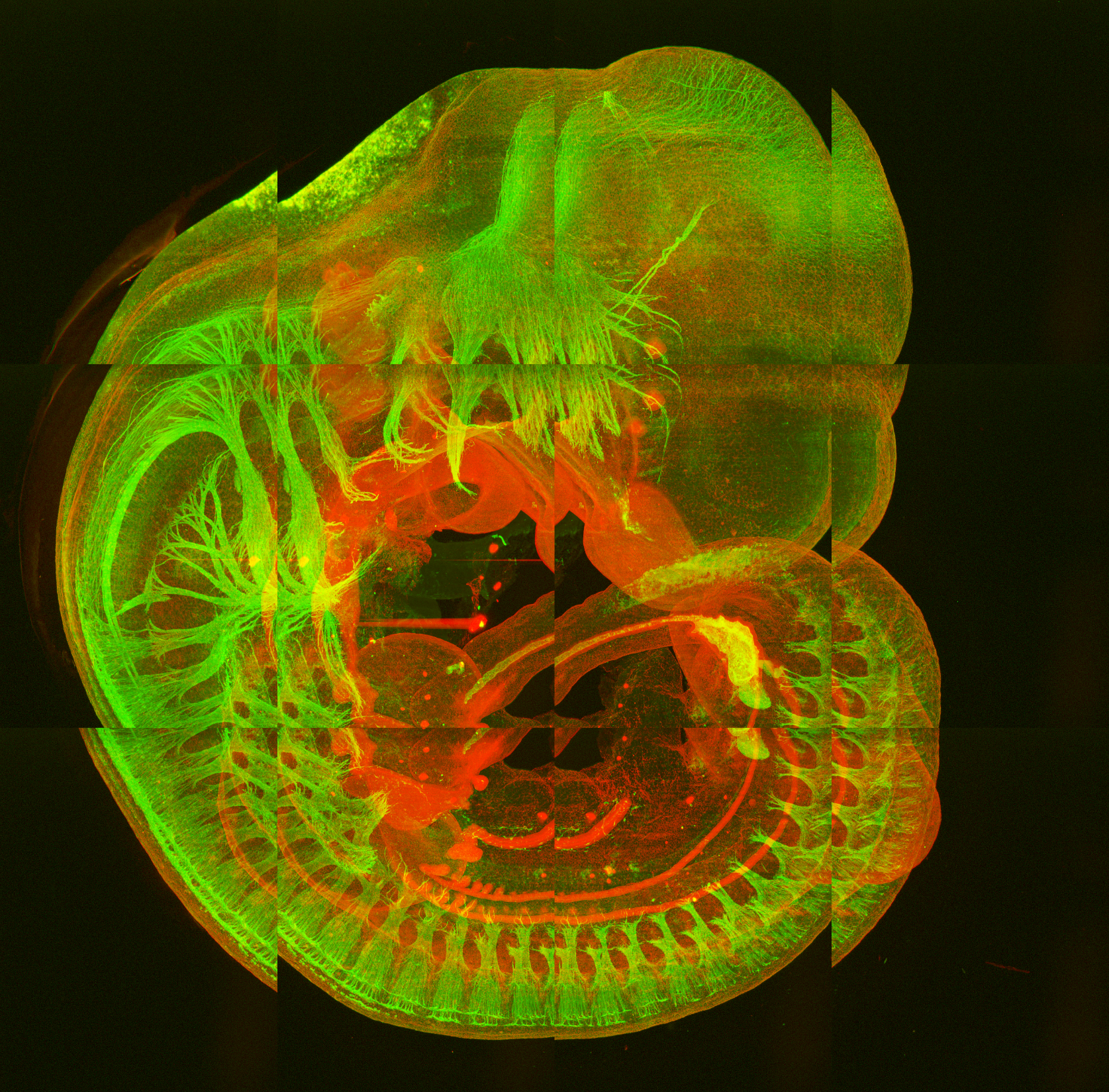
The unit is equipped with several advanced light microscopy systems, equipment for sample preparation and maintenance prior to imaging, and resources for the subsequent processing of the image data. Current imaging applications include super resolution microscopy, multiphoton microscopy, confocal microscopy, wide-field microscopy and detection microscopy.
: Nadia Halidi
→ nadia.halidi@crg.eu
:
https://www.crg.eu/en/programmes-groups/advanced-light-microscopy-unit
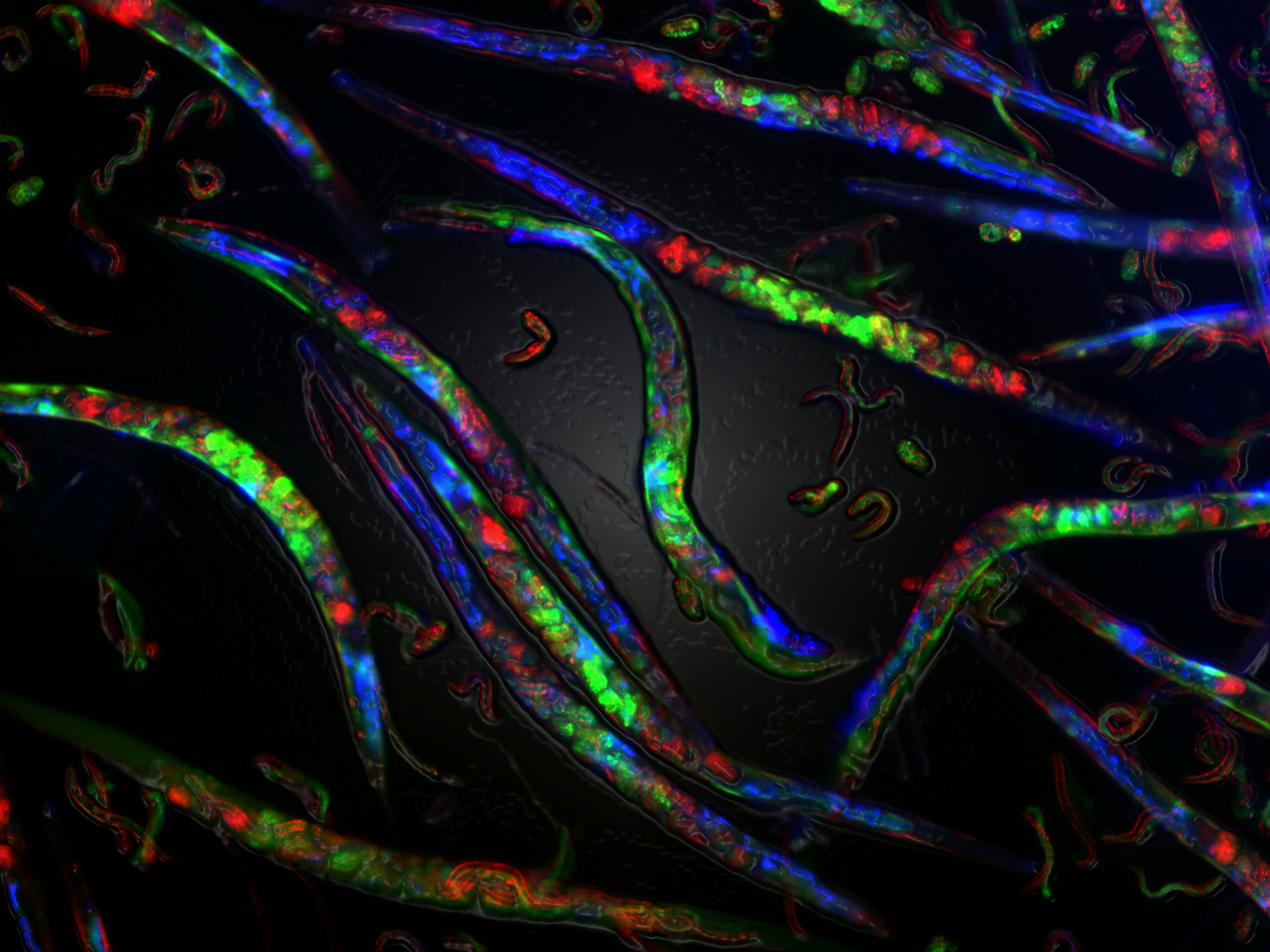
Synthetic peptides are useful tools for applications involving immunogens (antipeptide antibodies, vaccines), affinity capture and purification ligands, intracellular administration shuttles and anti-infection therapies. The latest-generation equipment allows fast and reliable peptide synthesis in a wide range of sizes (up to 50 residues), quantities (1-500 mg), purities and forms (free, coupled to carrier proteins or affinity supports, biotinylated, lipidated, fluoro-labeled, etc.)
: David Andreu
→ david.andreu@upf.edu
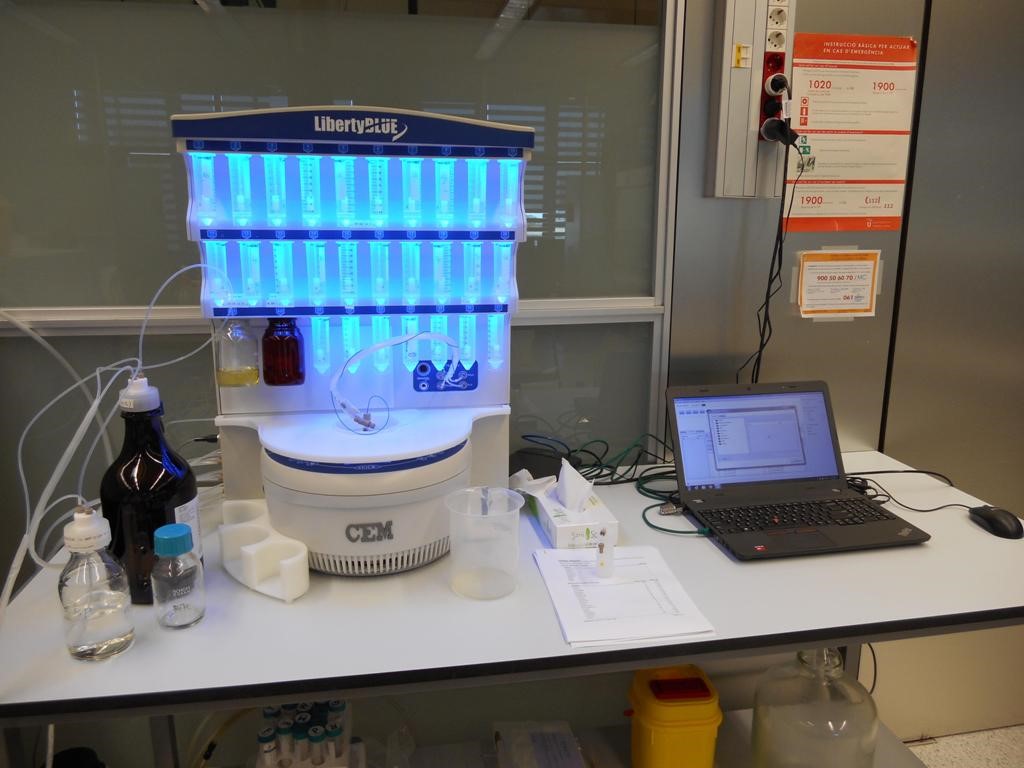
This unit provides proteomics services to both internal and external users, and develops quantitative techniques based on mass spectrometry. It formed part of the European Epic-XS Project infrastructure that brought together the top European proteomics laboratories and platforms to disseminate proteomics access and tools to the international community. The service is also part of the "Biomolecular and Bioinformatics Resource Platform" and "ProteoRed" from the Carlos III Health Institute, part of the Spanish National Health System.
: Eduard Sabido Aguade
→ eduard.sabido@crg.eu
:
https://www.crg.eu/en/programmes-groups/crgupf-proteomics-unit
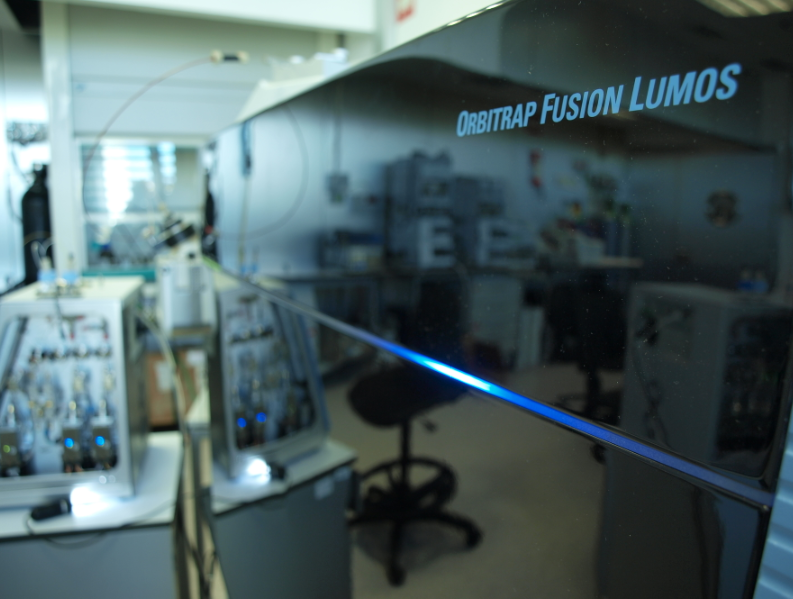
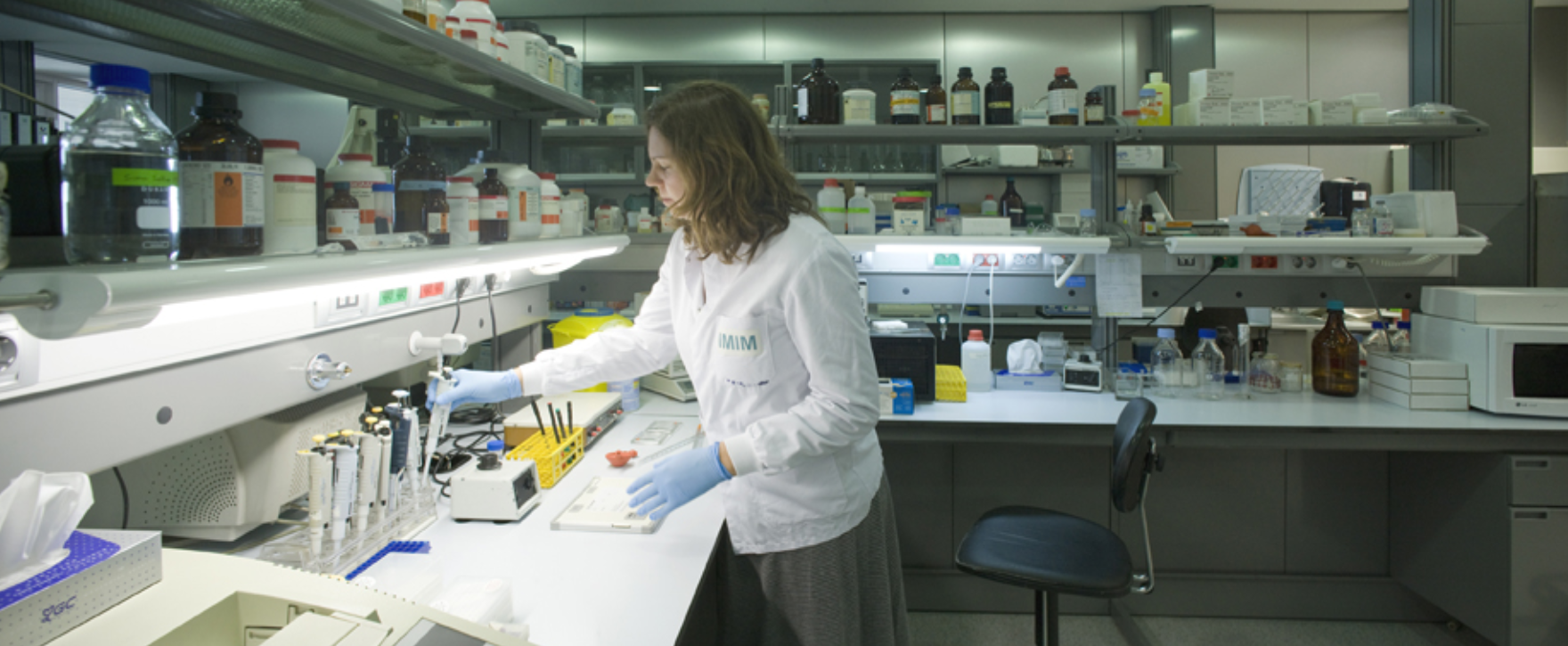
The international scientific community is increasingly aware of the importance of maintaining the highest standards of good scientific practice and integrity in research. To this end, research institutes around the world are developing and adhering to codes of good practice that establish scientific norms and quality standards.
At the PRBB, we aim to create an environment conducive to high quality research performed with the utmost integrity. To raise awareness on this important topic, and help prevent malpractice in science, we have established:
- The PRBB Code of Good Scientific Practice, approved by all the centres and signed by the directors, who committed to the dissemination and adherence to its contents within the PRBB centres. The code has been updated in 2023 to align itself to the latest changes of ALLEA’s European Code of Conduct for Research Integrity.
- An inter-centre working group composed of nominated representatives of all PRBB Centres. The aims of the Good Scientific Practice (GSP) Working Group are: to actively share learning and good practice in scientific integrity amongst PRBB institutes; to catalyse the development of cross-institute educational initiatives; and to act as an independent support and resource for PRBB institutes in potential cases of serious misconduct.
The current members of the group are:- Hospital del Mar Research Institute: Jana Selent
- MELIS-UPF: Regina López
- CRG: Damjana Kastelic, Juan Valcárcel
- ISGlobal: Joana Porcel, Eva Casamitjana, Xavier Basagaña
- IBE: Francesc Calafell, José Luis Maestro
- FPM/BBRC: Ojas Deshpande
- PRBB: Jordi Camí, Eroteida Jiménez (secretary), Maruxa Martínez (chair)
The group is active also at the European level, with some of the members being part of the core group of ERION (European Research Integrity Officers Network). - Training in scientific integrity: all Biomedicine PhD students at Pompeu Fabra University (UPF) must take the "Science in Action” course. In addition, the PRBB and its centres organise various courses related to good scientific practice for their staff, and the PRBB also offers introductory workshops on scientific integrity for external organisations. Check also the MOOC course “Introduction to research integrity”.
In addition, the PRBB centres have their own committees, protocols and resources related to research integrity. For more information, contact your centre or check out the individual websites: ISGlobal, CRG, MELIS-UPF, IBE (UPF-CSIC), Hospital del Mar Research Institute, FPM/BBRC.
For more on research integrity, you can also check out the Committee for the Integrity of Research in Catalonia CIR-CAT website, and the resources therein.
→ More information (PDF)
→ Contact: goodpractice@prbb.org
●
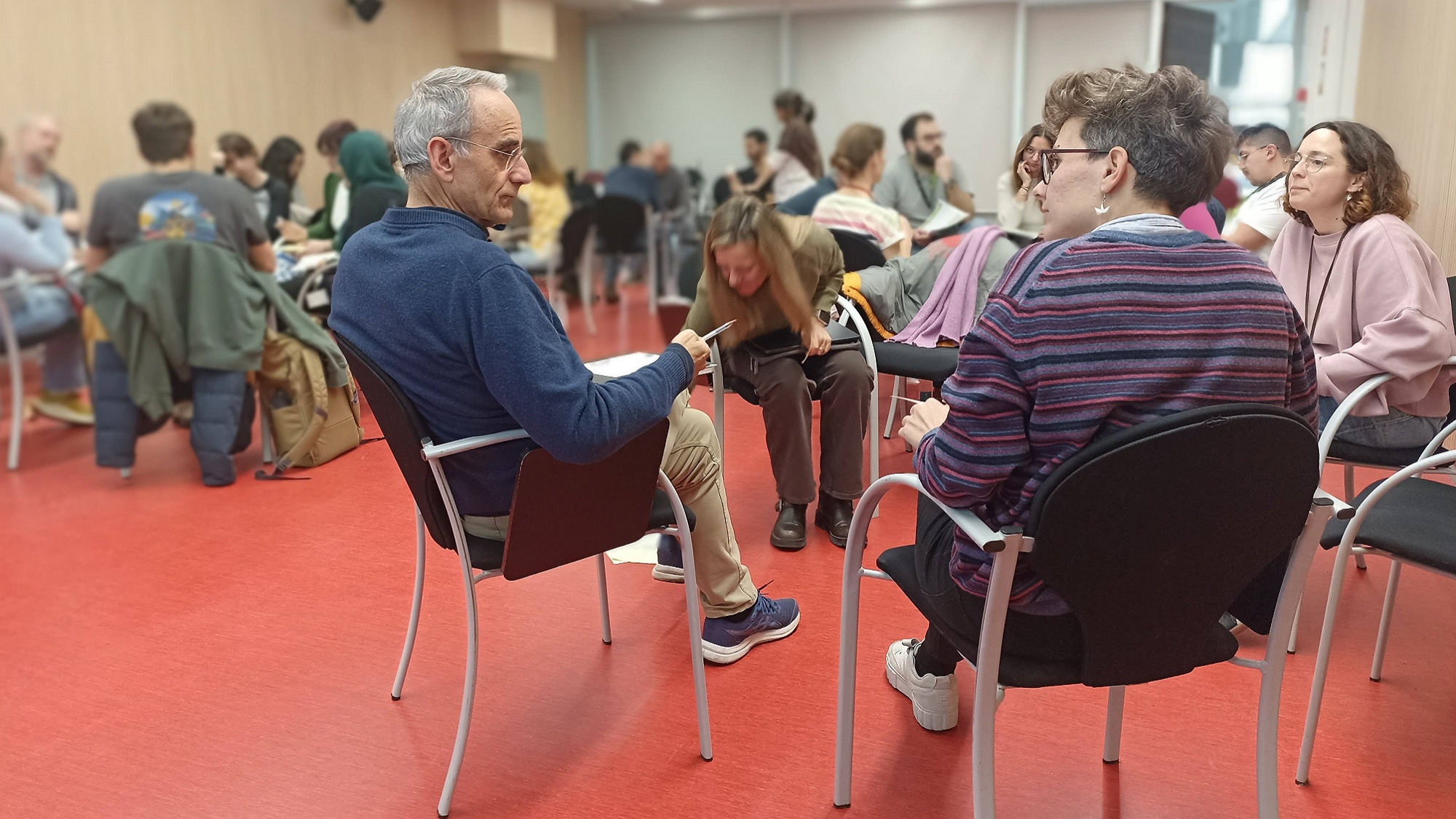
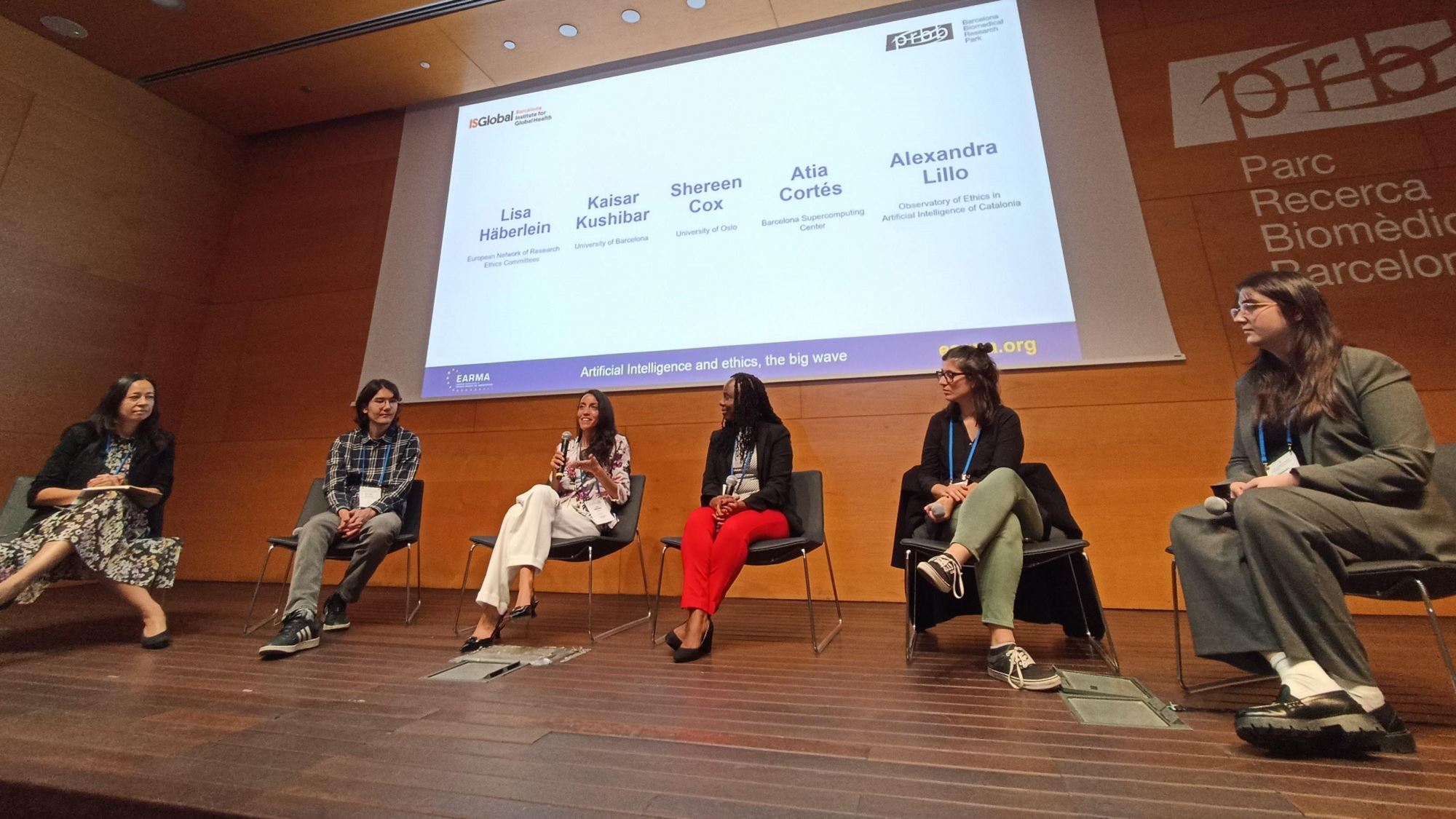
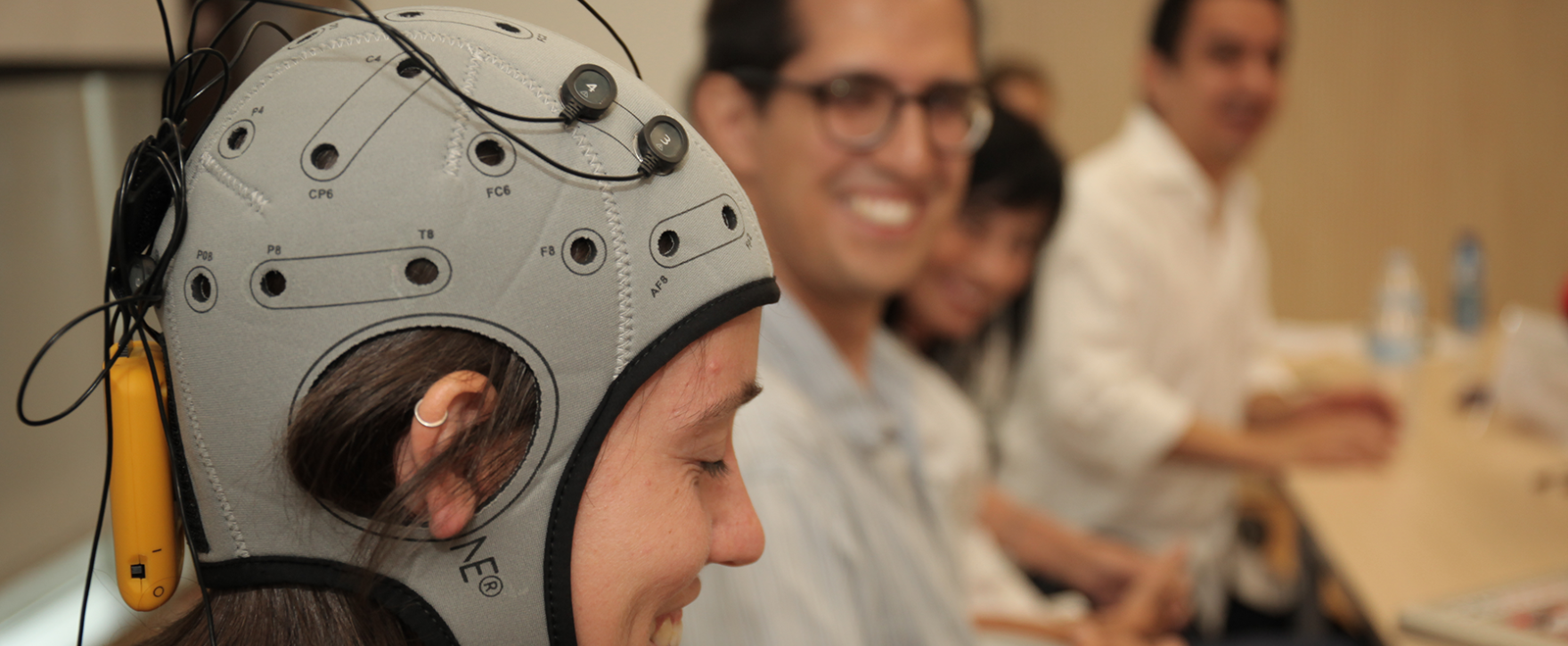
Patents and companies
- The following links allow you to explore the technology on offer in the park’s centres:
Technology at the Hospital del Mar Research Institute
UPF Business Shuttle and Innovation Unit
Technology and Business Development Office at the CRG
Analysis and Global Development at ISGlobal
EMBLEM Technology Transfer
- The following start-ups have been created within the PRBB environment:
Acellera

Acellera is dedicated to developing cutting-edge applications for the computational discovery of drugs. In 2019, Acellera was named one of the Top 30 "AI Drug Discovery" companies in the world.
→ https://www.acellera.comChemotargets
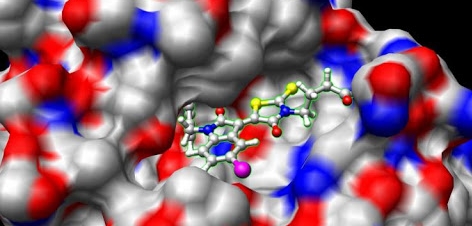
Chemotargets is a world leader in artificial intelligence solutions and predictive analytics for better and safer drug discovery. The goal of this spin-off from Hospital del Mar Research Institute is to help the biopharmaceutical industry accelerate drug discovery and development programmes.
→ http://www.chemotargets.com/qGenomics
.png)
qGenomics is a biotechnology company operating in the genetic diagnosis market and based in Barcelona. They have created a sustainable and responsible business aimed at bringing together genomic research and clinical application to help all citizens.
→ https://qgenomics.comZeClinics
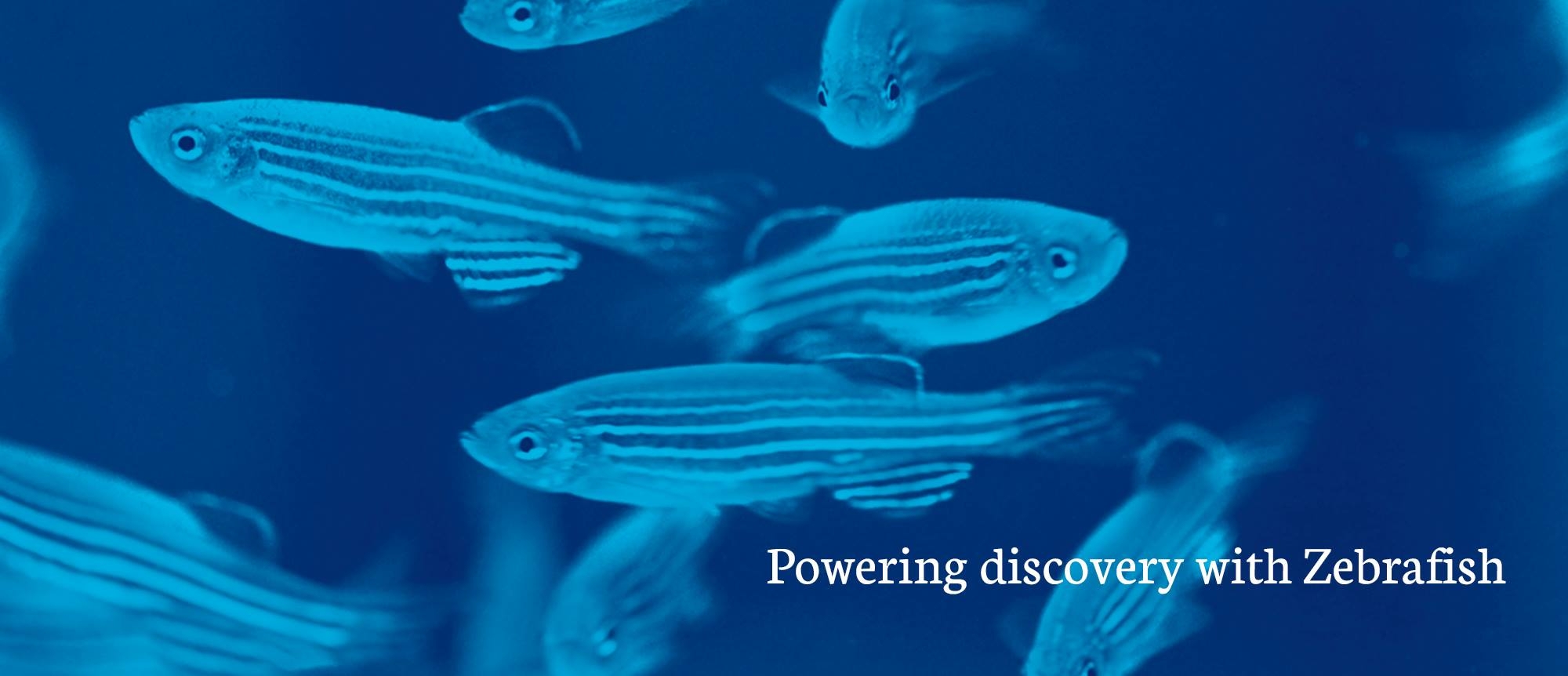
ZeClinics is a biotechnology CRO (Contract Research Organisation) and an early stage biopharmaceutical company (Pharma) that uses zebrafish (Danio rerio) to detect the safety and efficacy of new chemical molecules.
→ http://www.zeclinics.comMicroomics
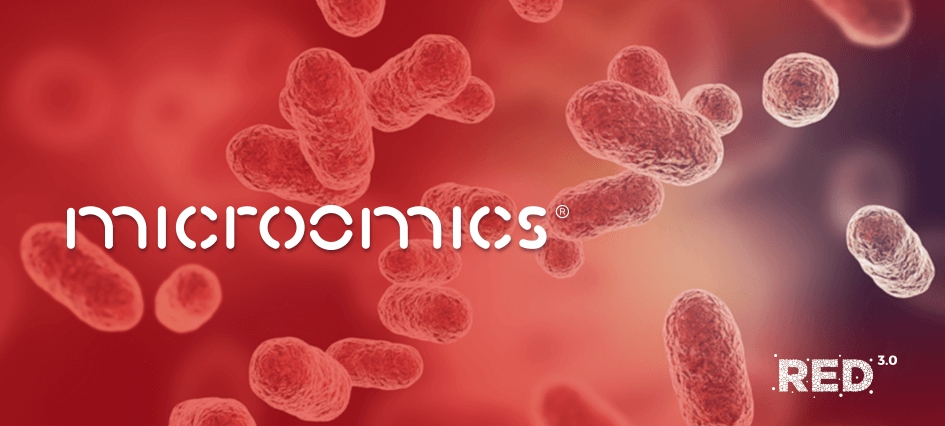
Microomics is a biotechnology-based spin-off that provides innovative metagenomic and genomic solutions to traditional and novel issues in the Pharmaceutical, Healthcare, Agri-Food, Consumer Goods and Environmental sectors.
→ http://www.microomics.euFlomics
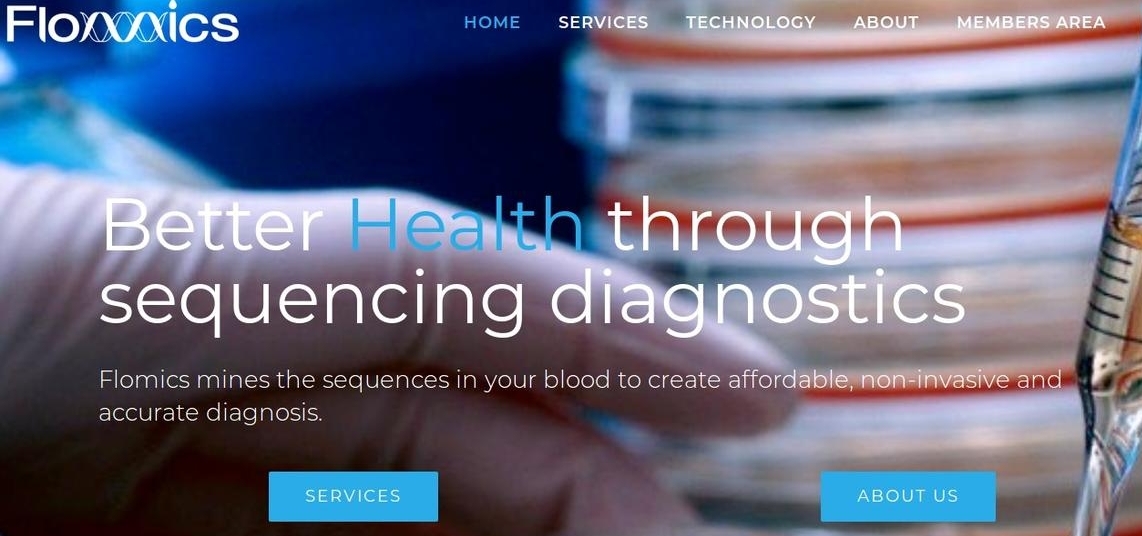
World leaders in fluid transcriptomics. Flomics was created by a group of genomics researchers with the goal of transforming laboratory discoveries into better healthcare for society.
→ http://www.flomics.comBioinspired Materials
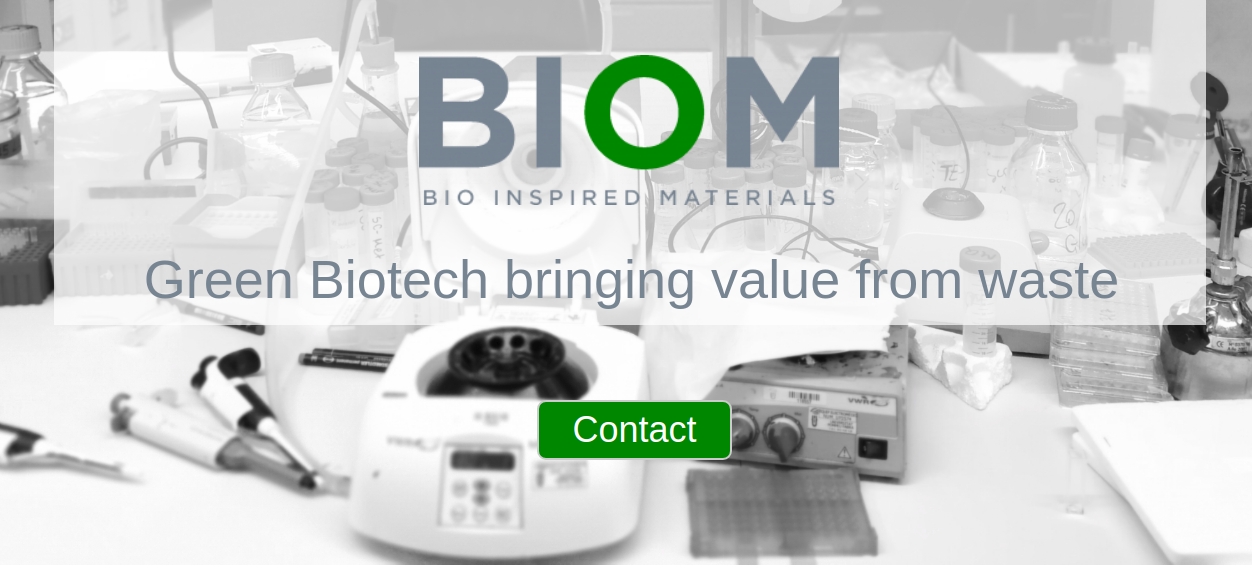
This UPF spin-off company seeks to reduce the impact of pig waste by extracting molecules that are useful for producing feed, adhesives and binding materials.
→ https://www.bioinspiredmaterials.com/MedBioinformatics Solutions
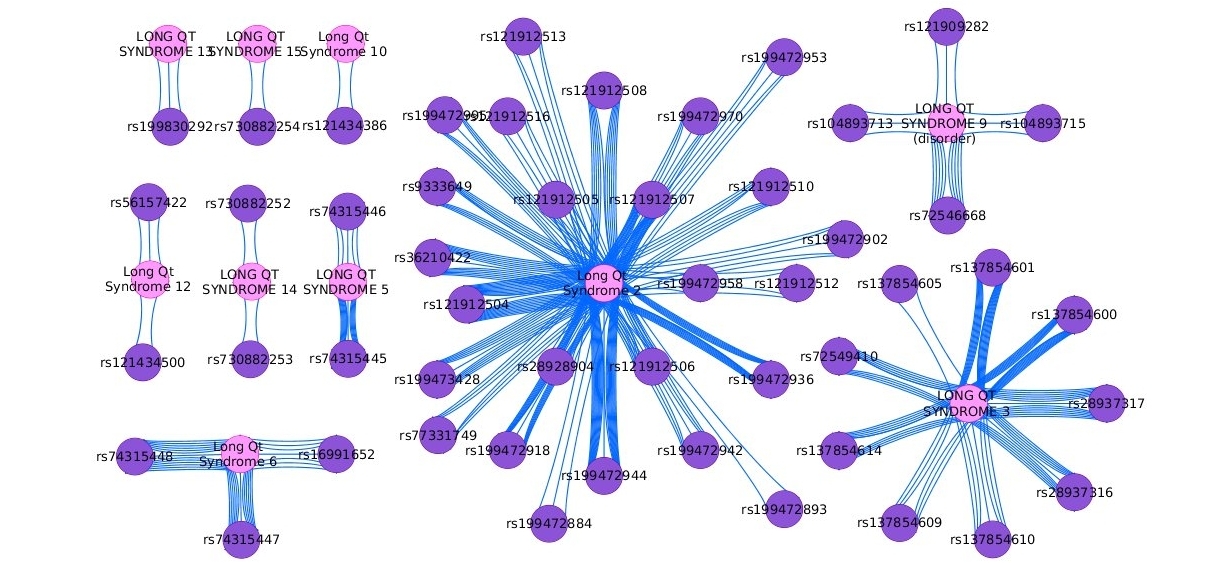
MedBioinformatics Solutions are based on DisGeNET, a tool developed by the GRIB (Hospital del Mar Research Institute-UPF). It stores 600,000 associations between more than 17,000 genes and 24,000 human diseases.
→ https://www.medbioinformatics.com/Pulmobiotics

A spin-off company from the CRG founded by experienced entrepreneurs and funded by Invivo Ventures. Pulmobiotics will use its technology to discover and develop novel treatments and vaccines for respiratory diseases.
→ https://www.pulmobio.com/Integra Therapeutics
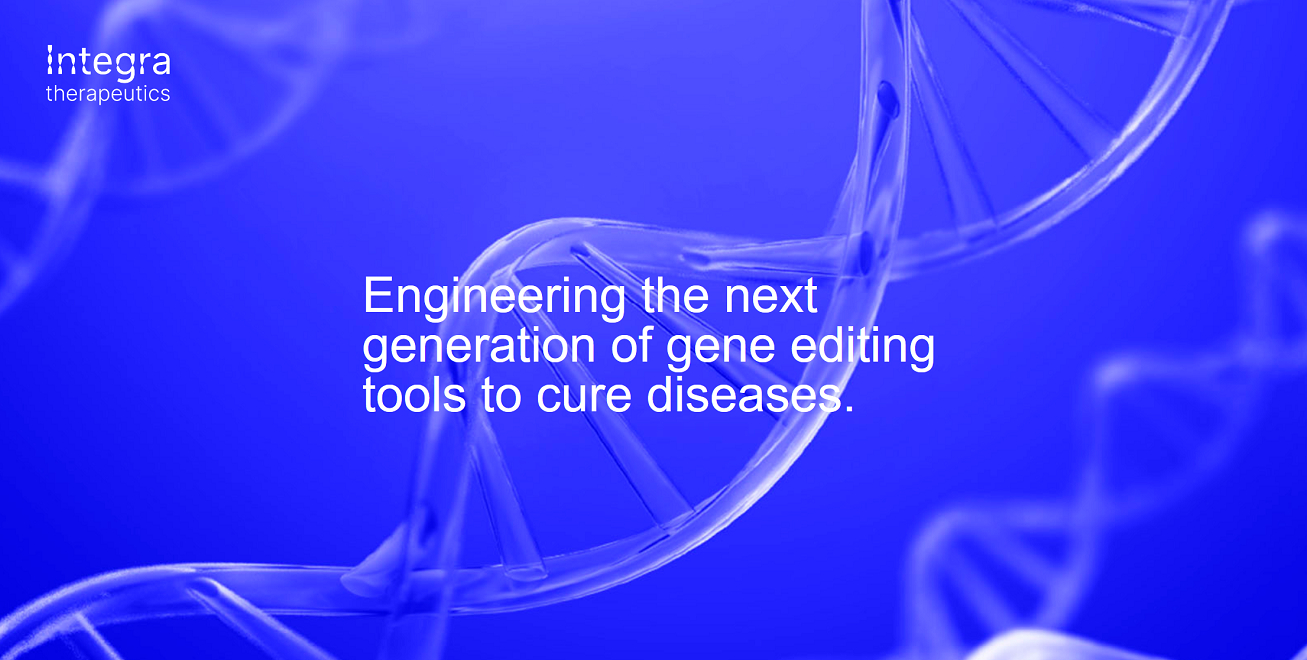
Integra Therapeutics, a spin-off company from MELIS-UPF by Marc Güell, has combined the precision of CRISPR systems with the gene transfer efficiency of viral integrases and transposases in the patented new genome editing technology Uni-large.
→ https://integra-tx.com/●
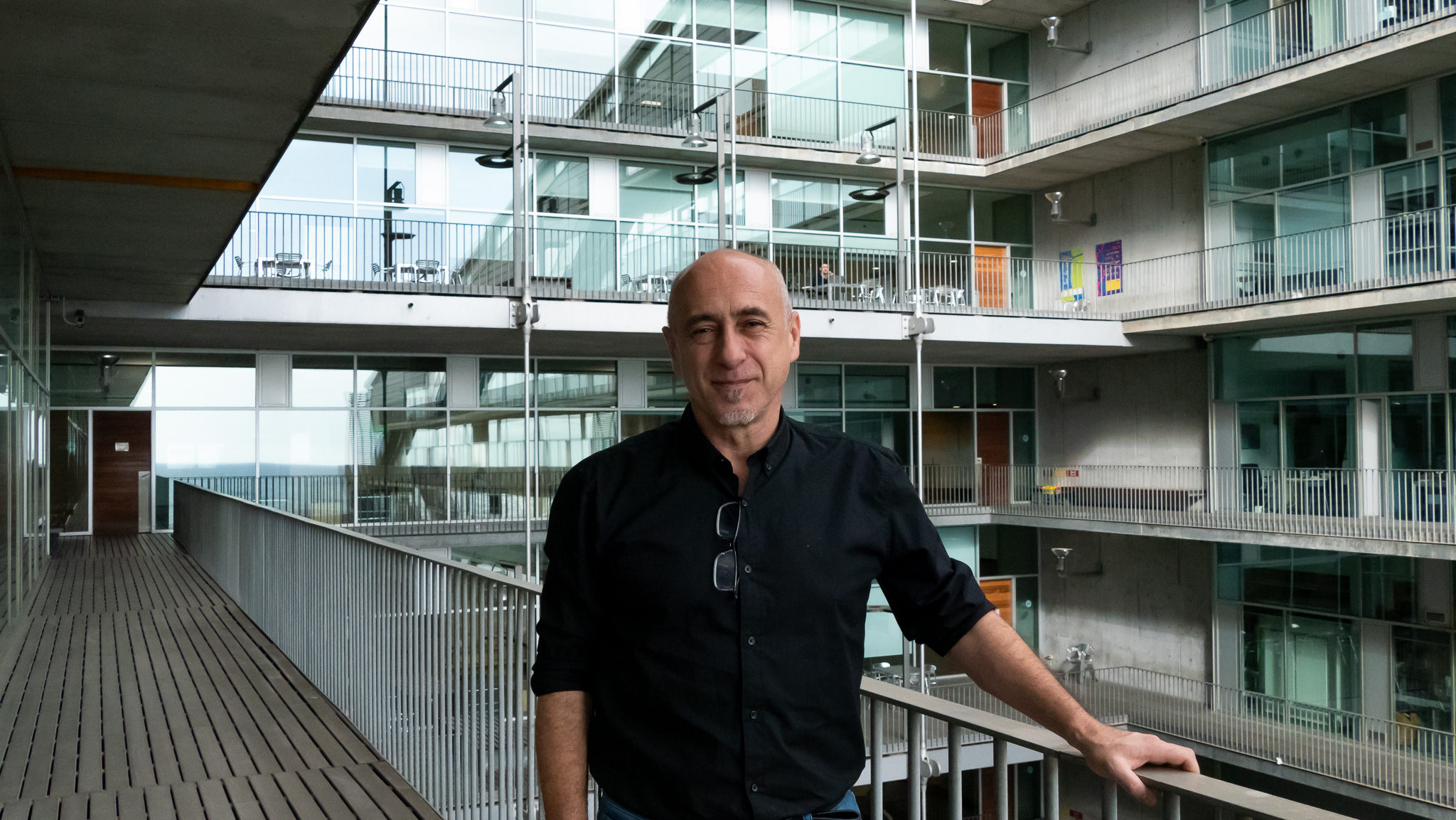
Javier Macía (BIOM): “We have to be an idea-generating machine”
